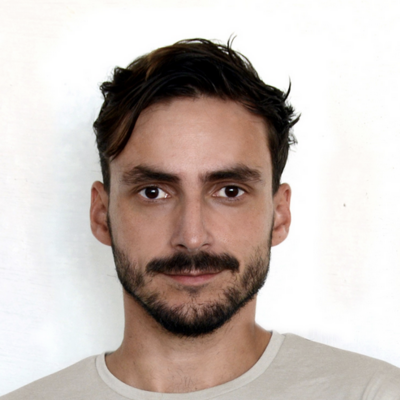

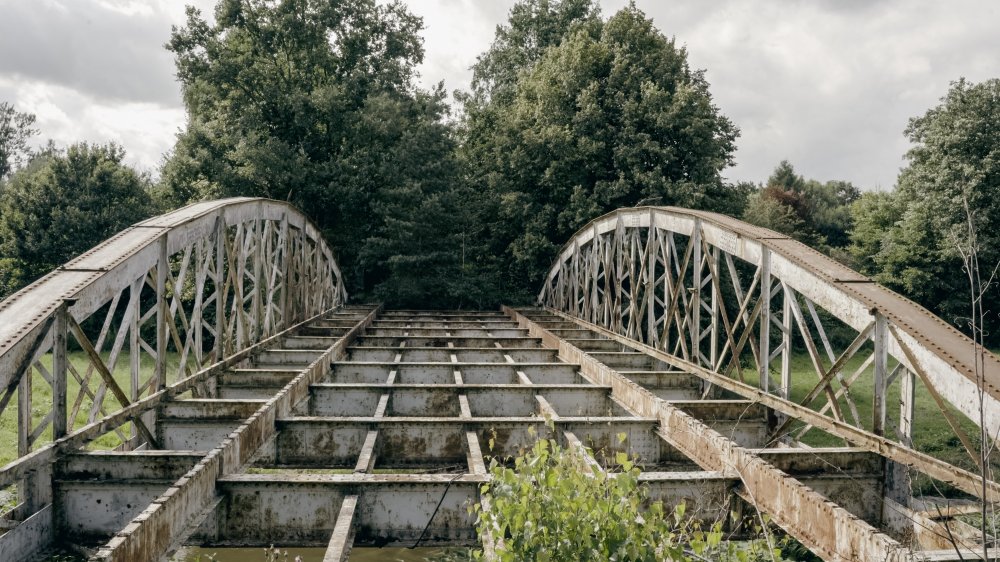
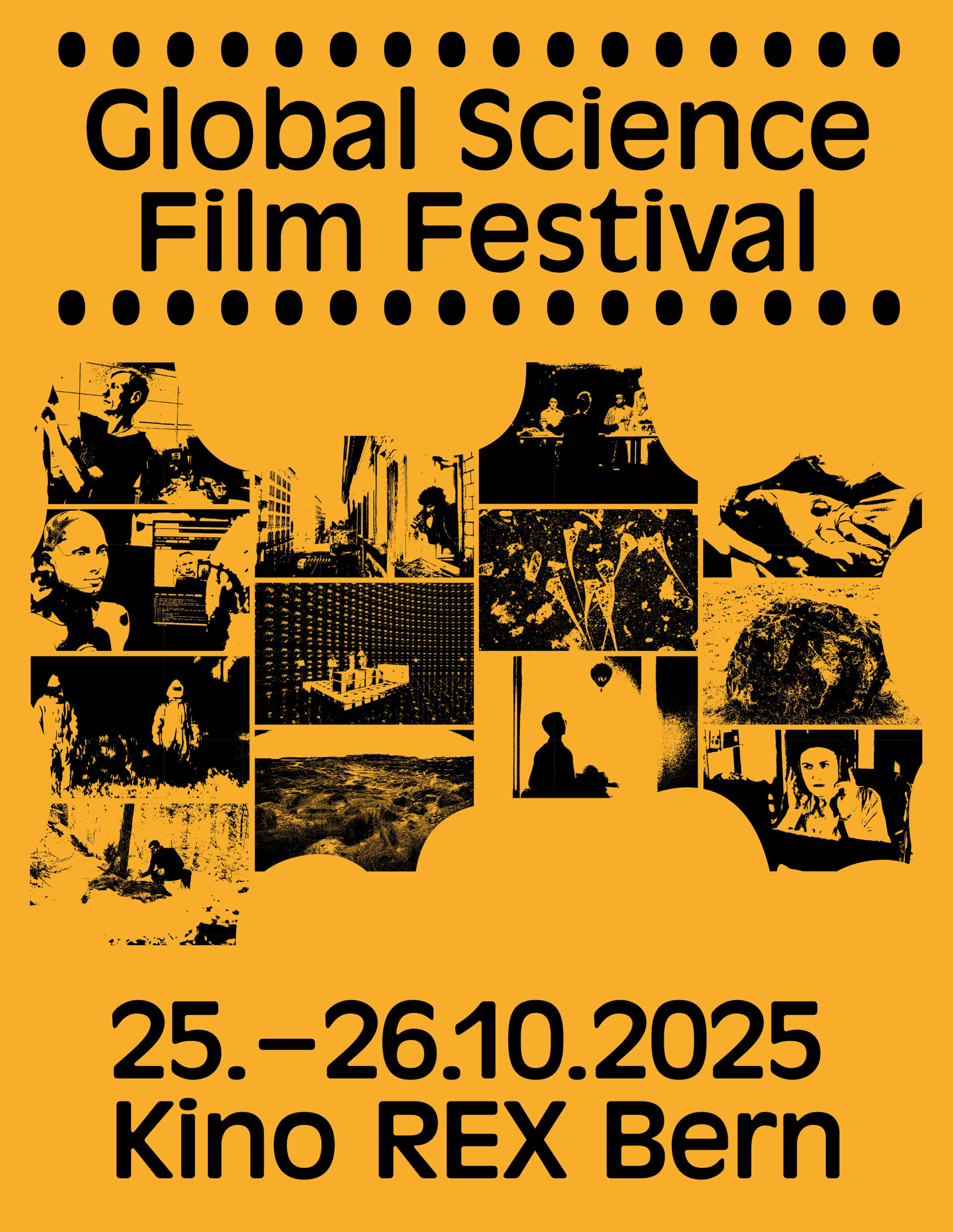
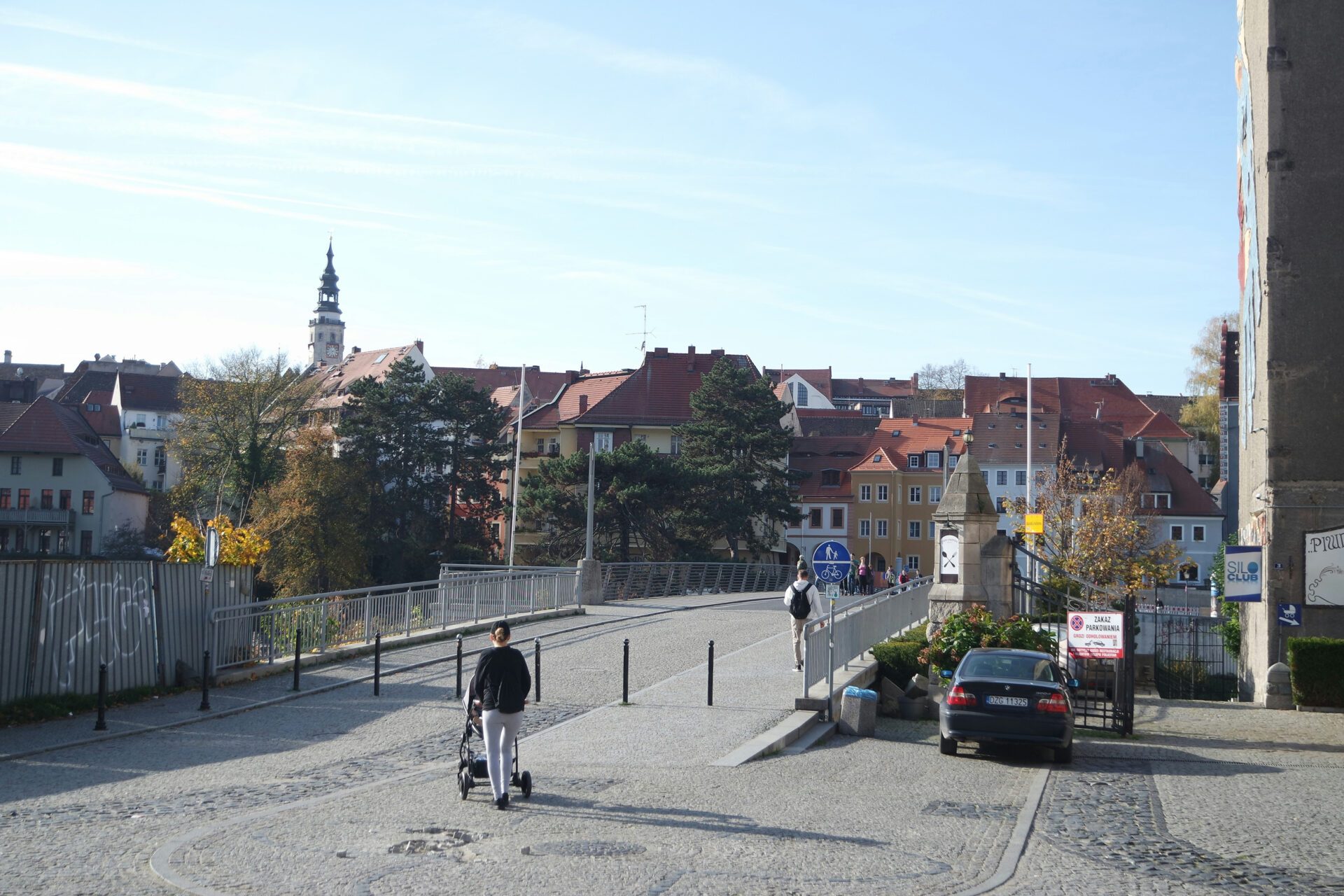
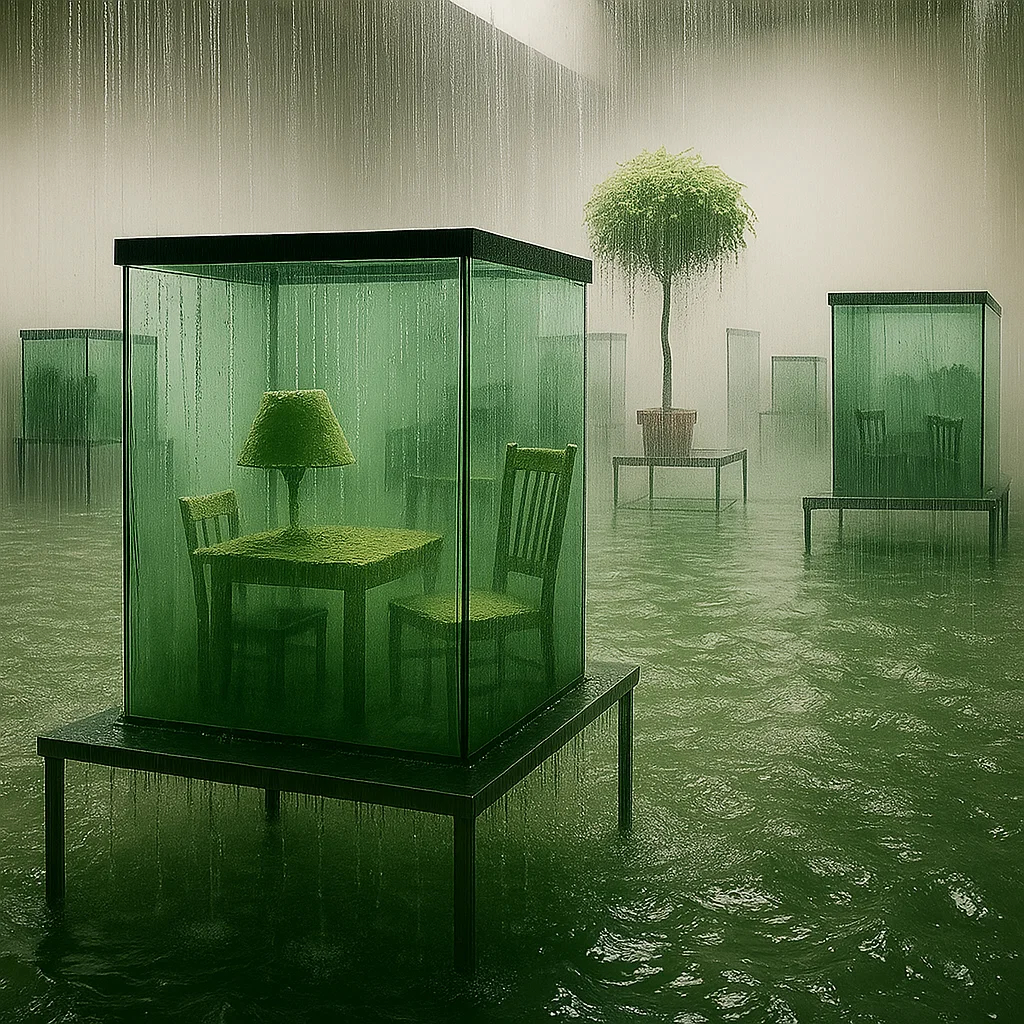


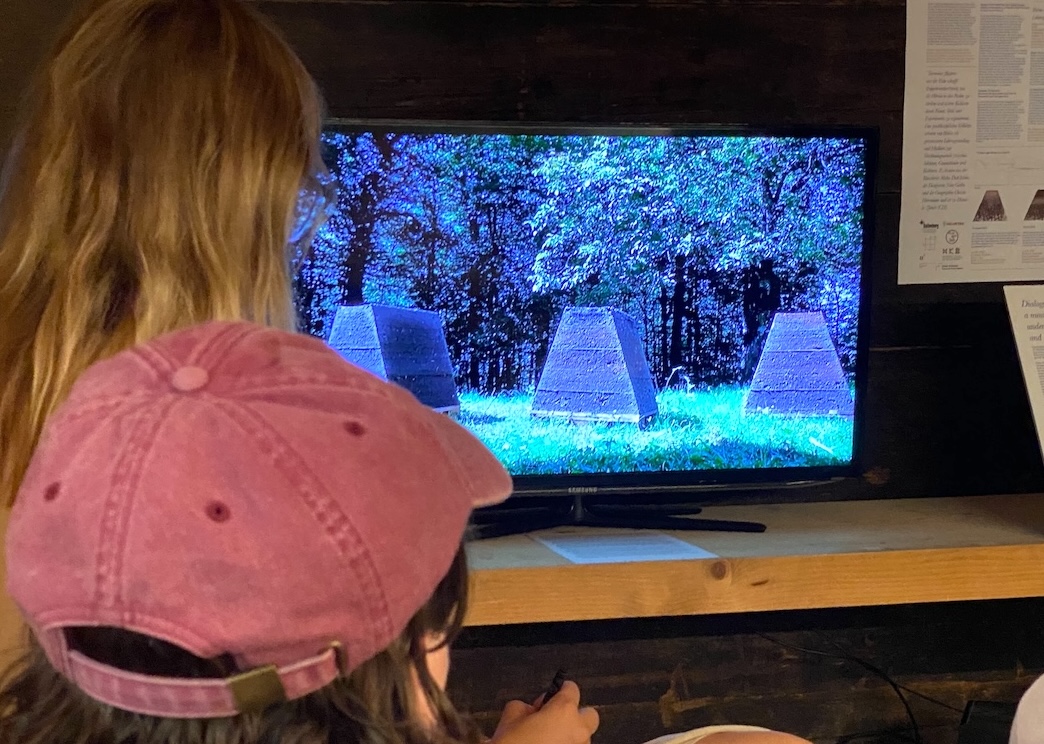

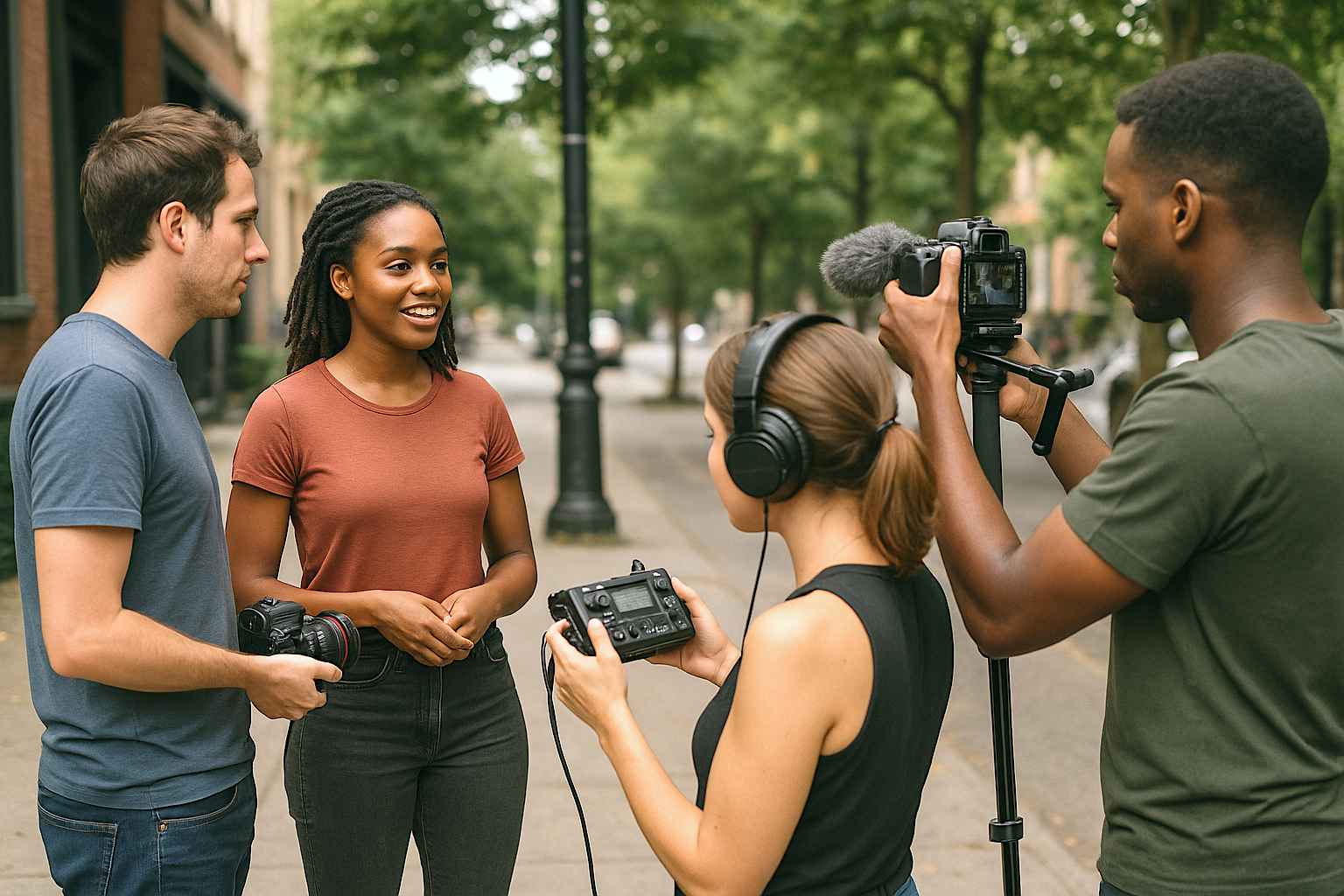
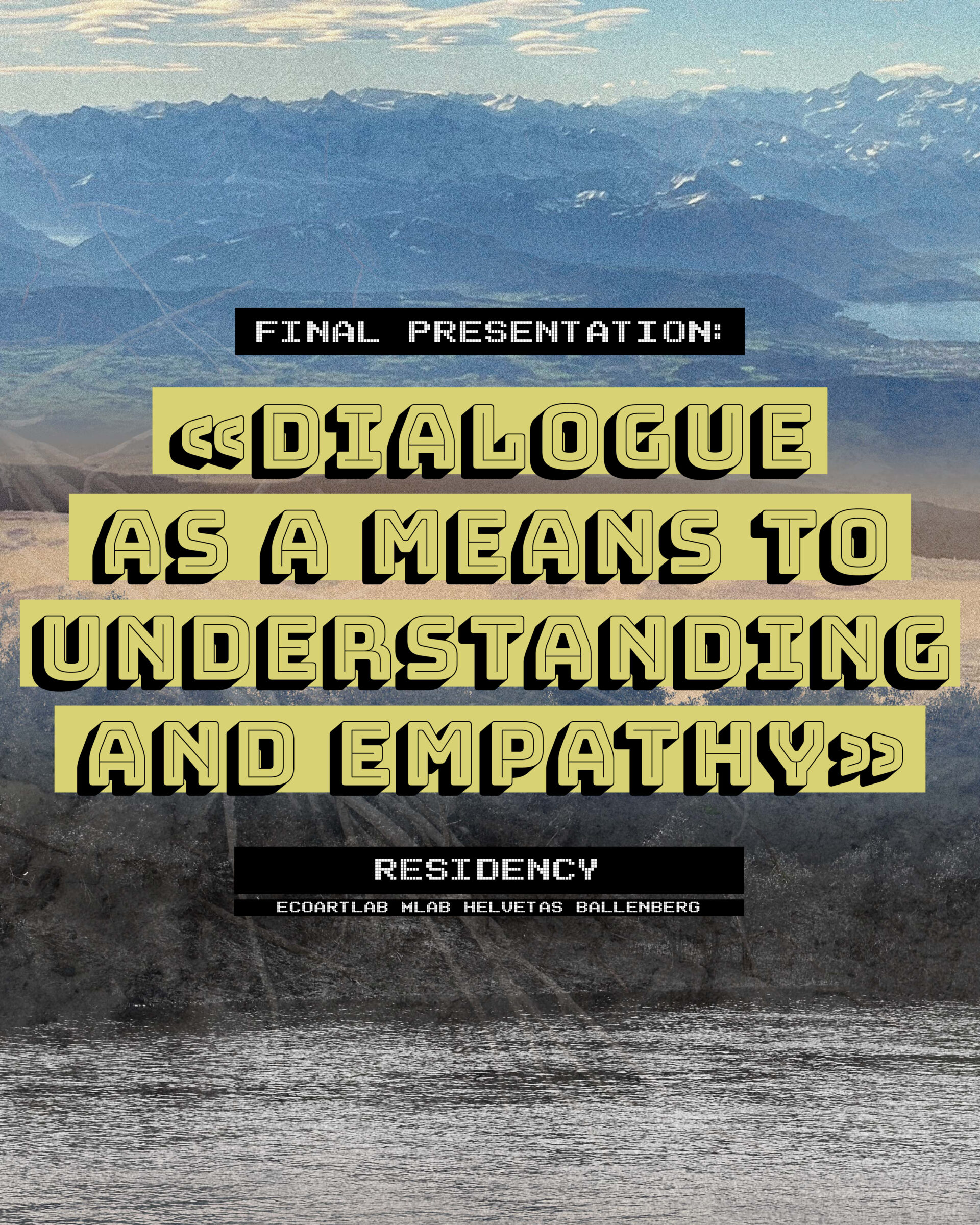
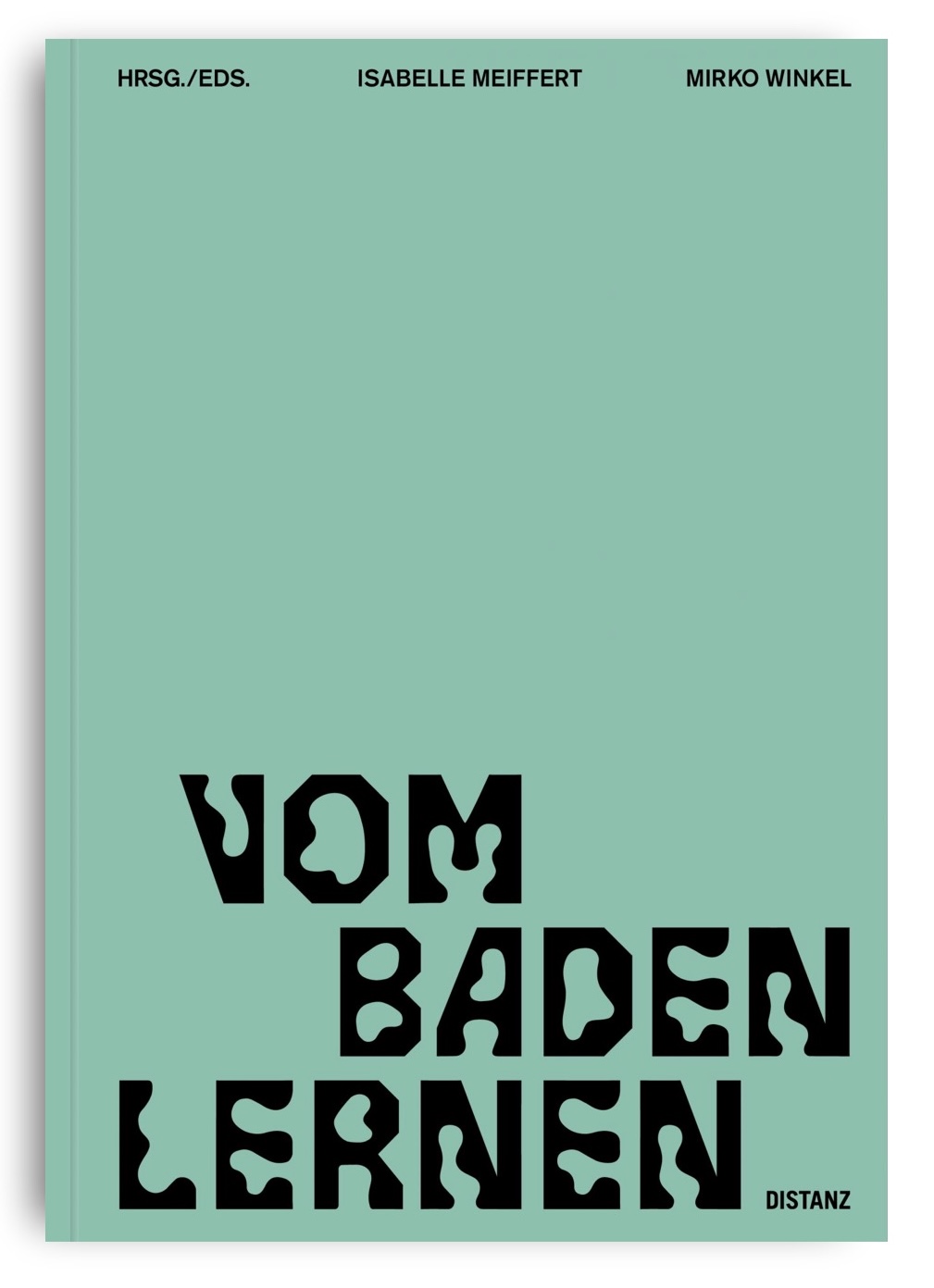
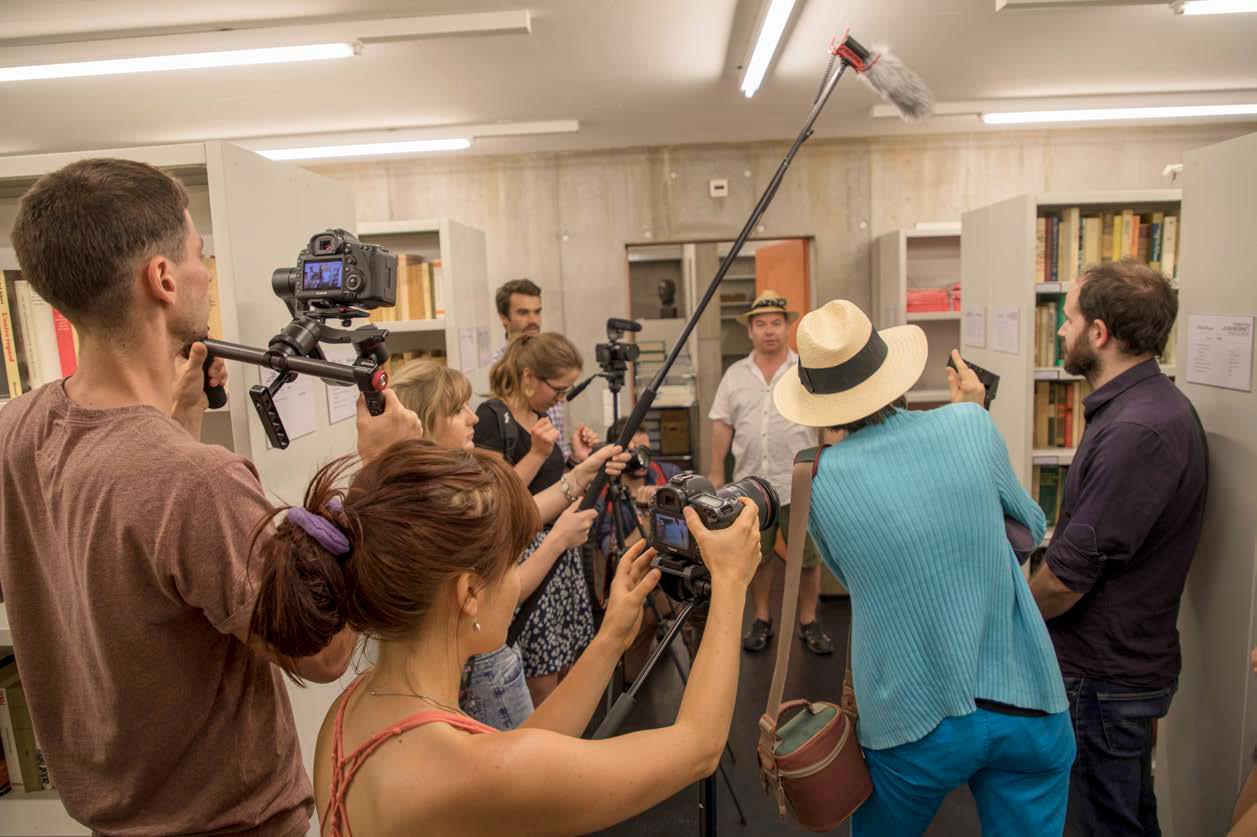
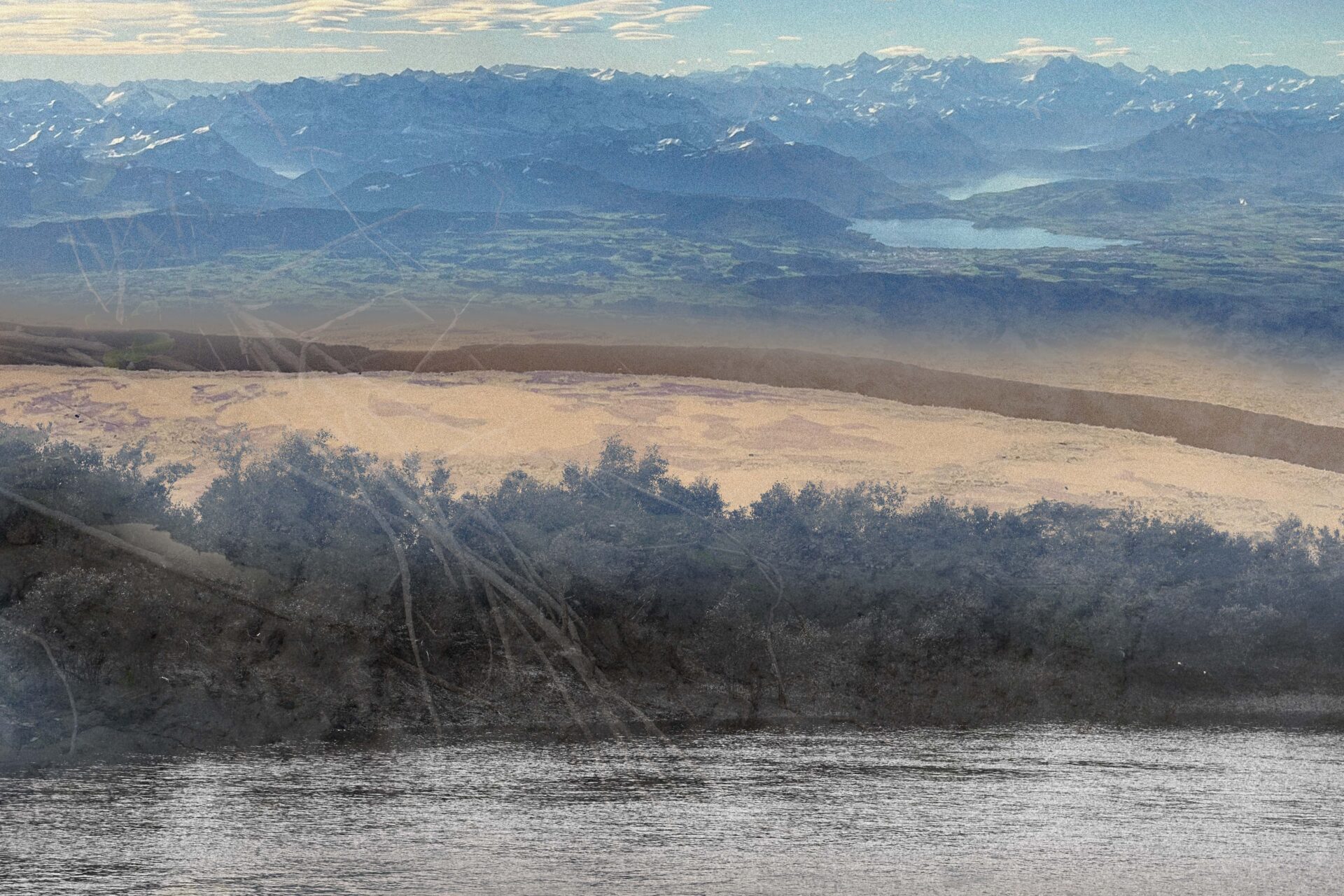
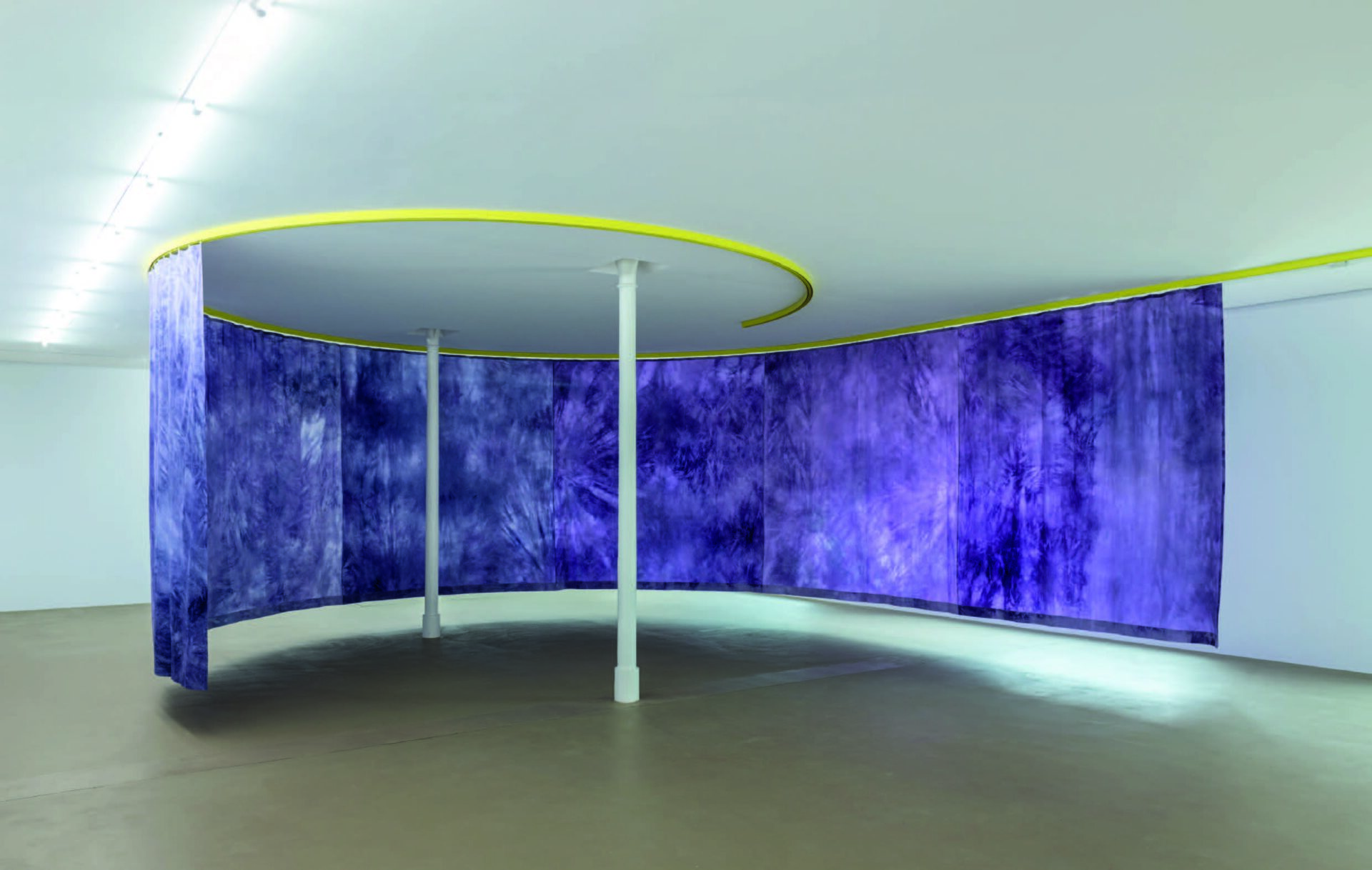
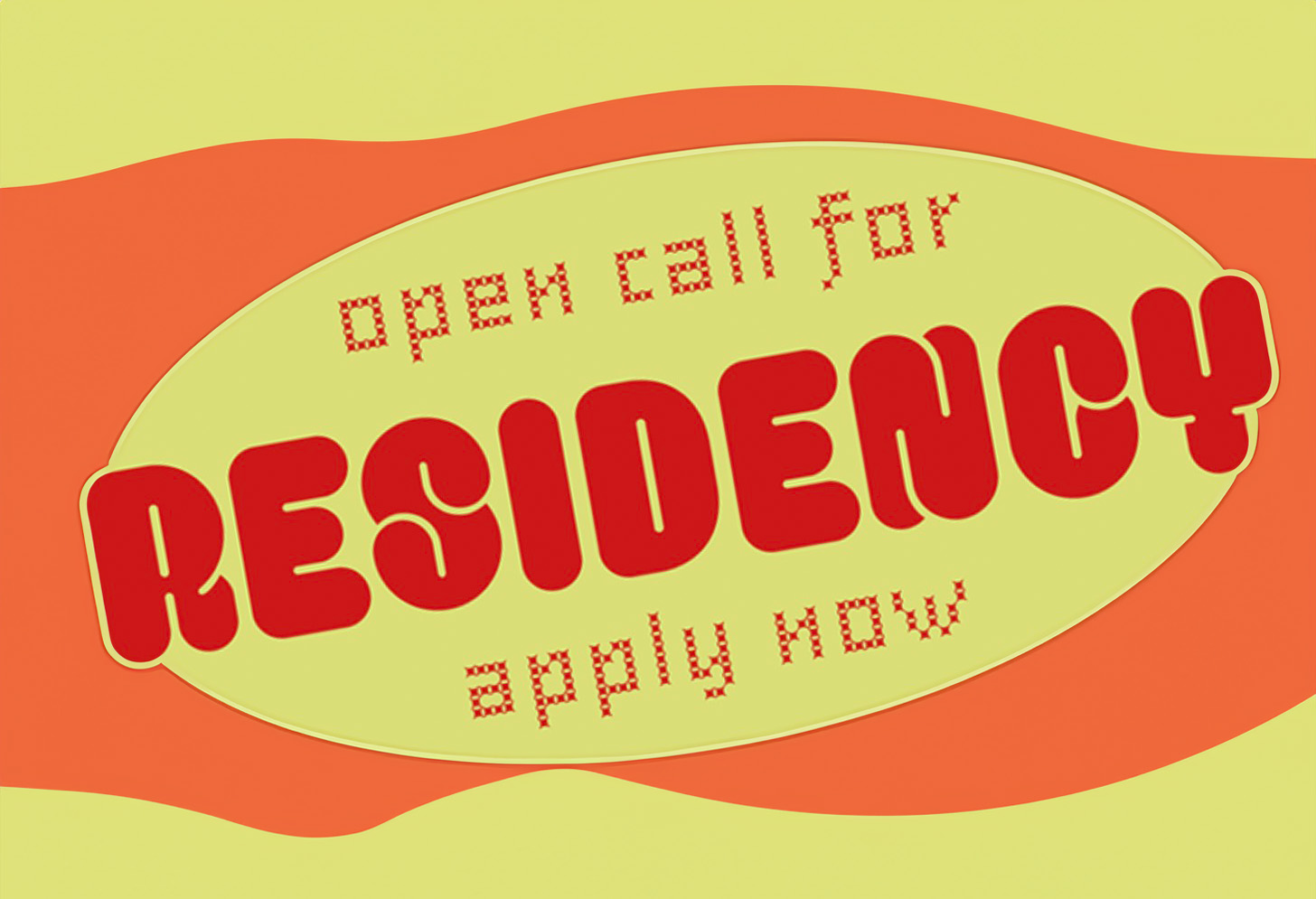
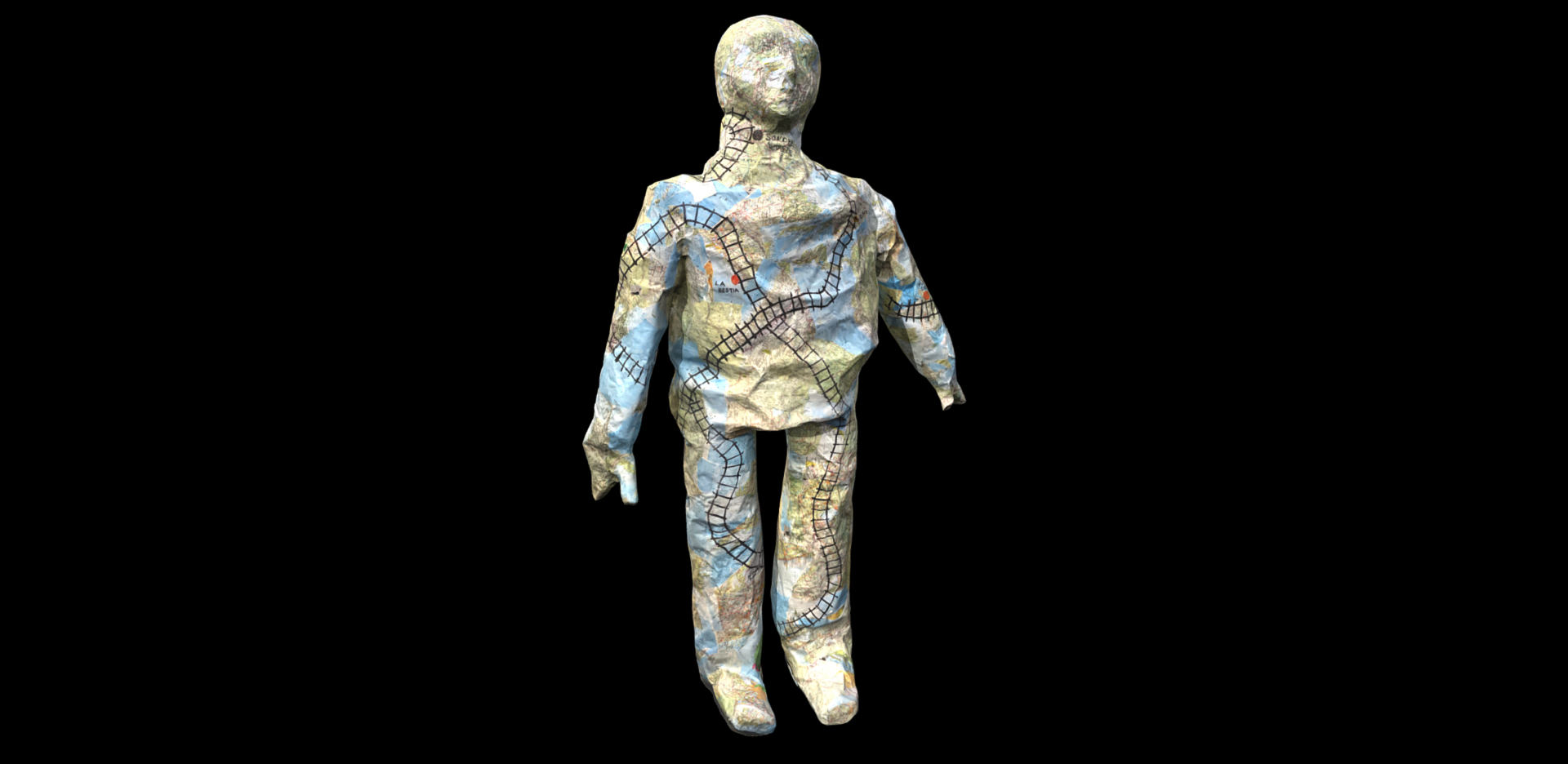
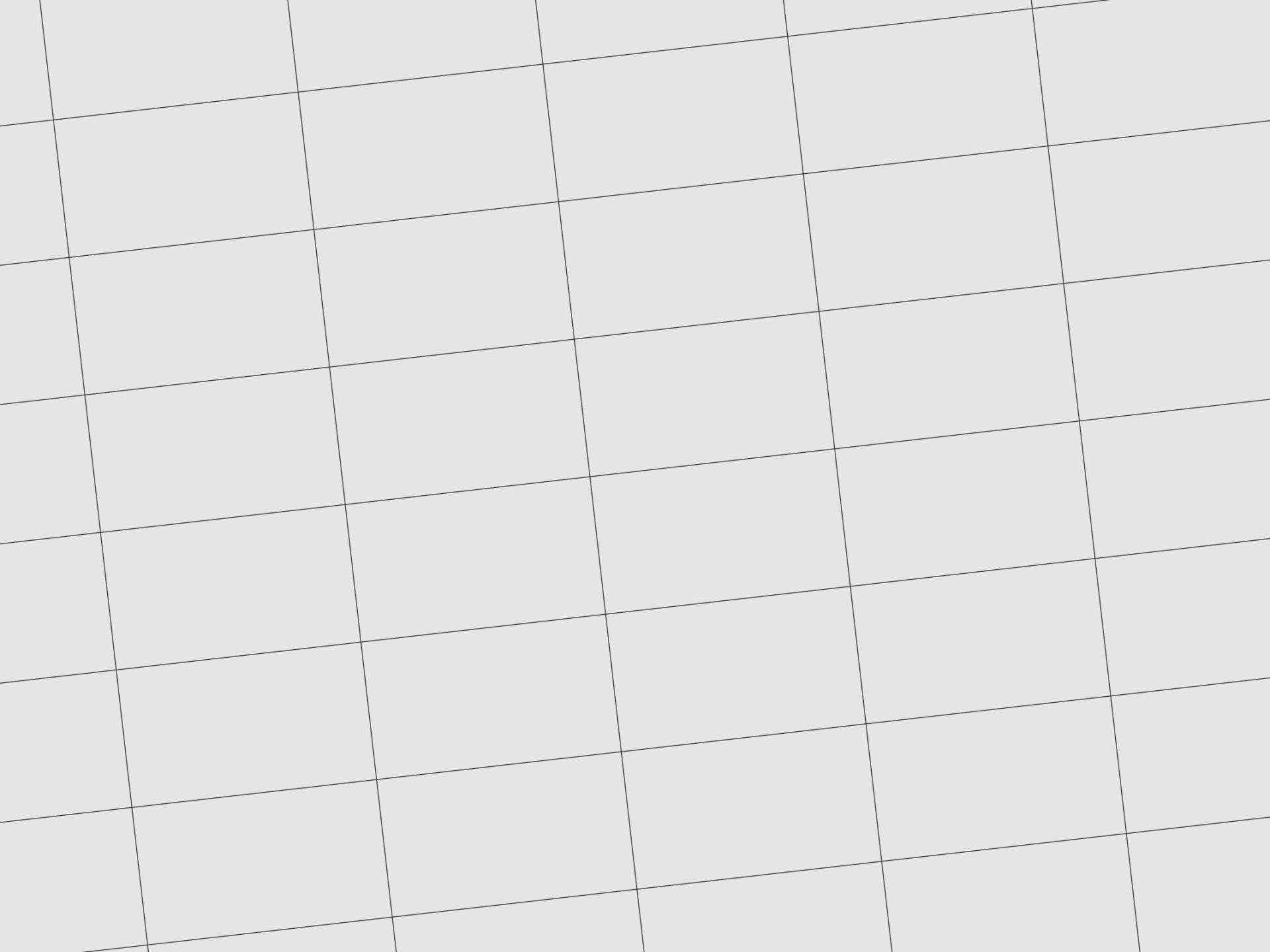
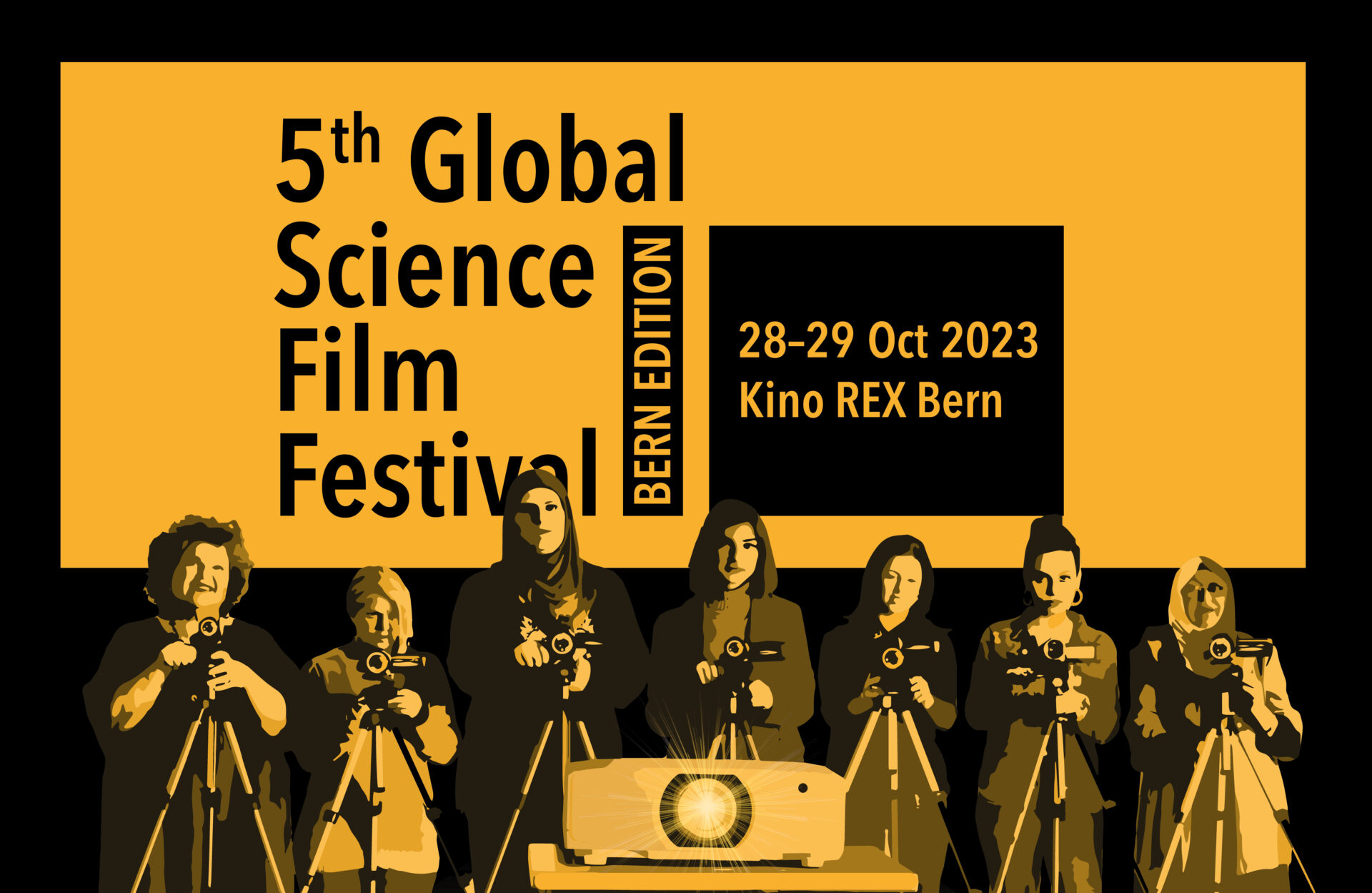
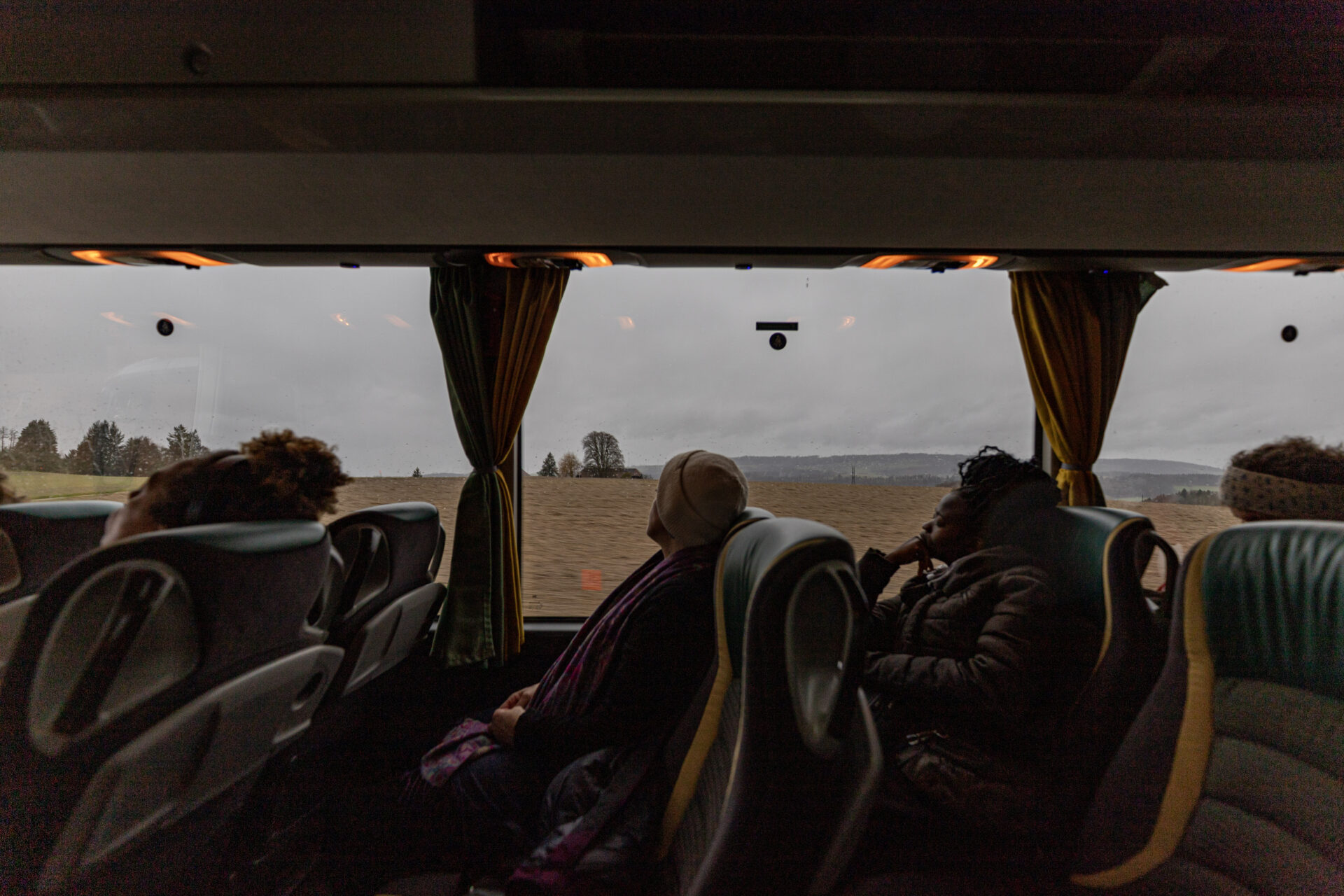
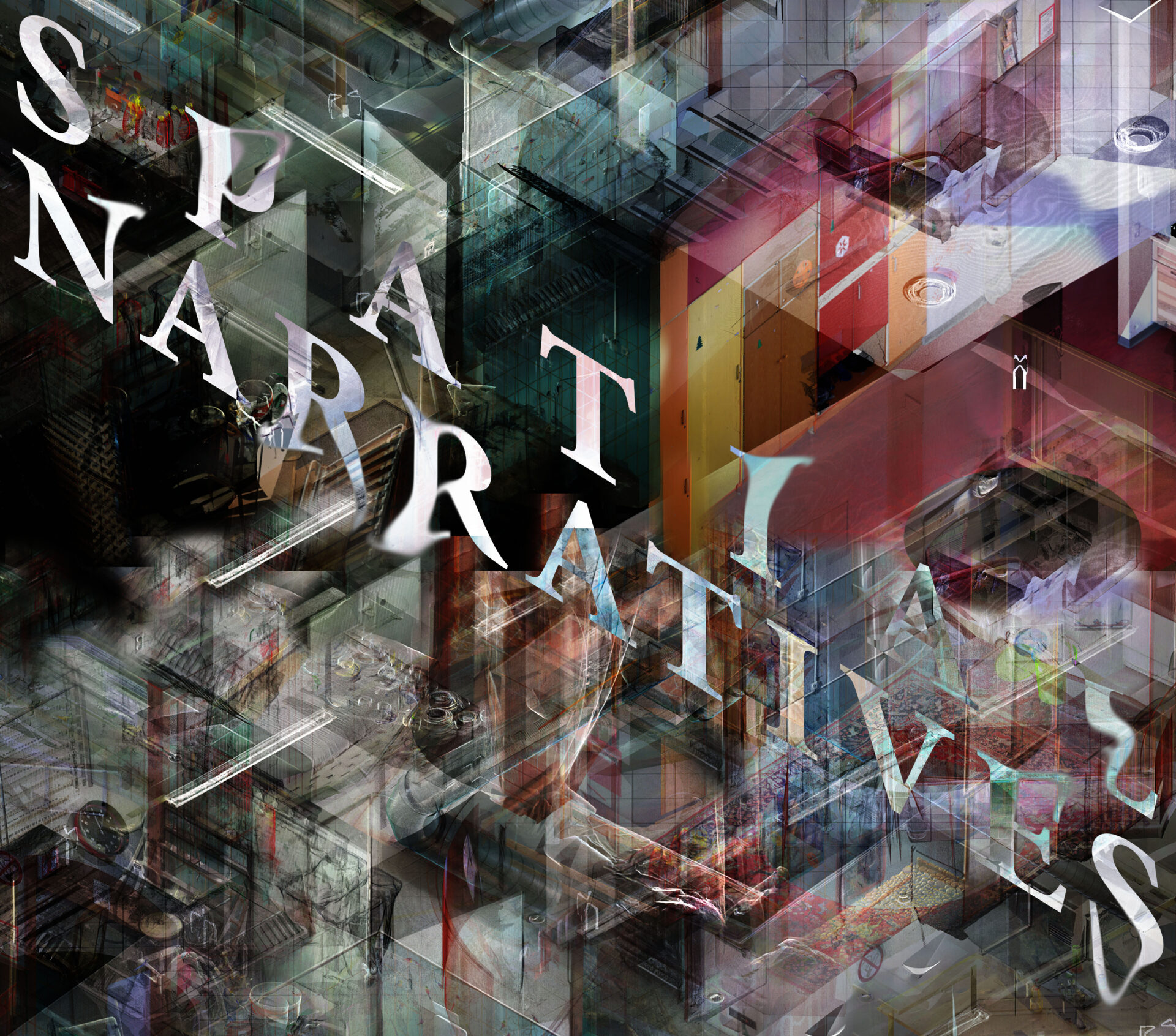
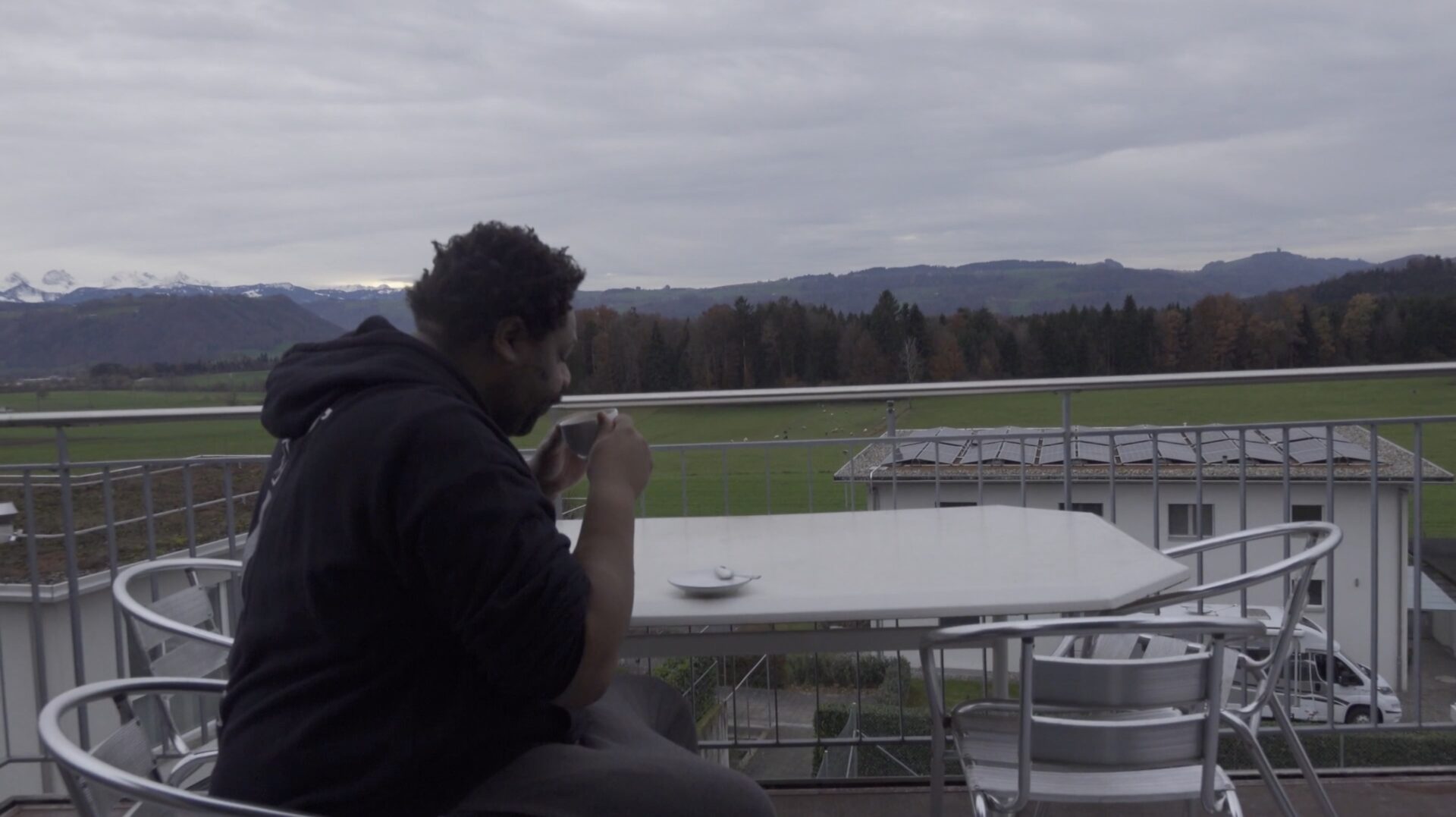
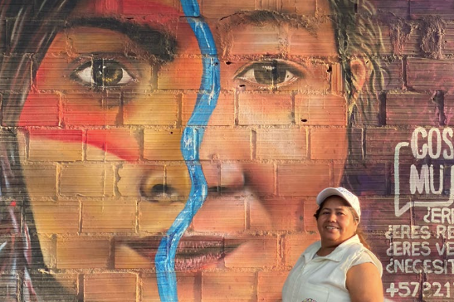
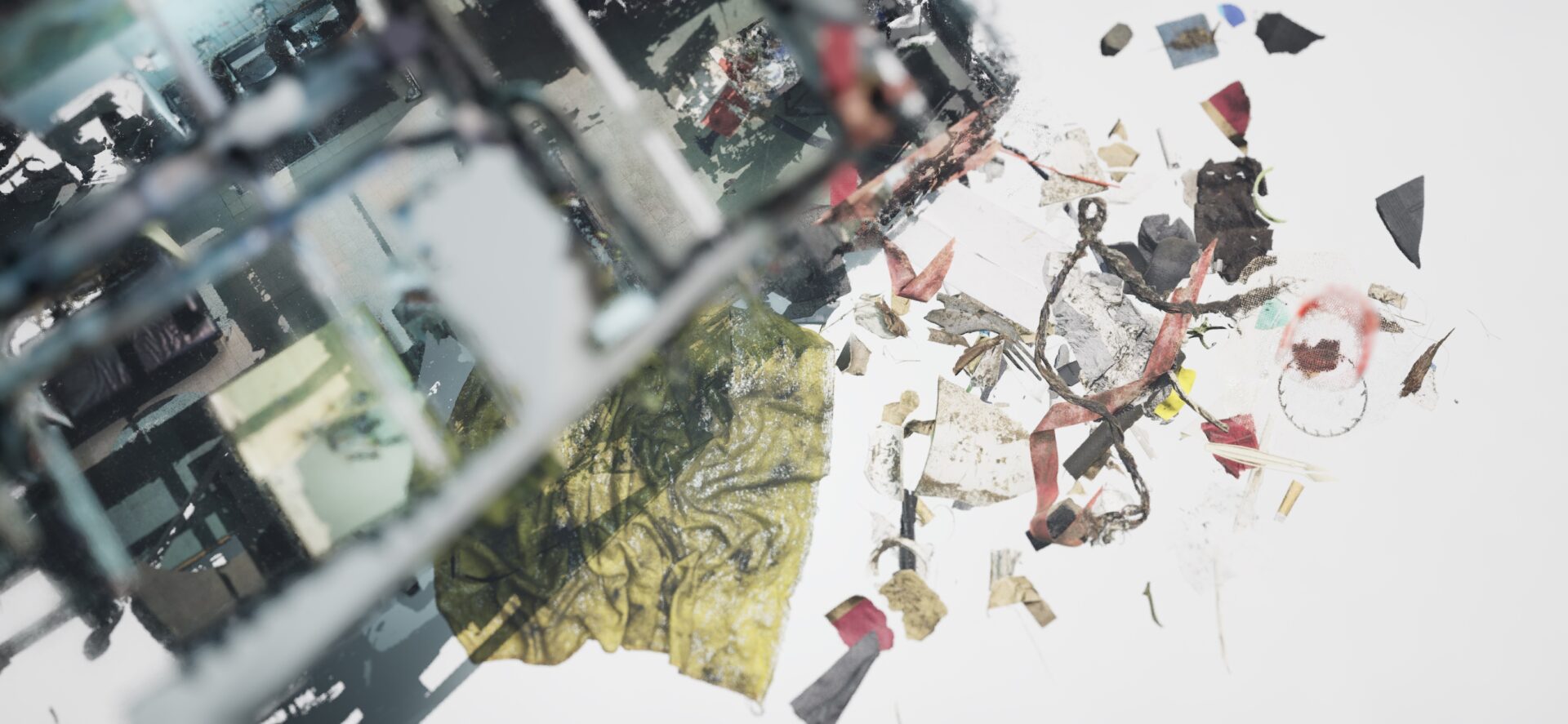

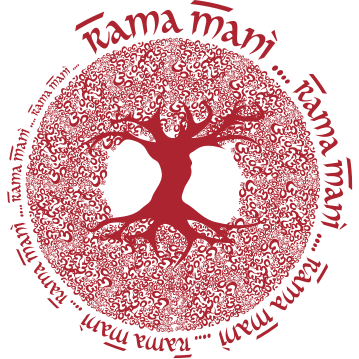
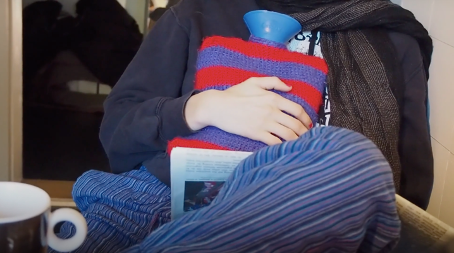


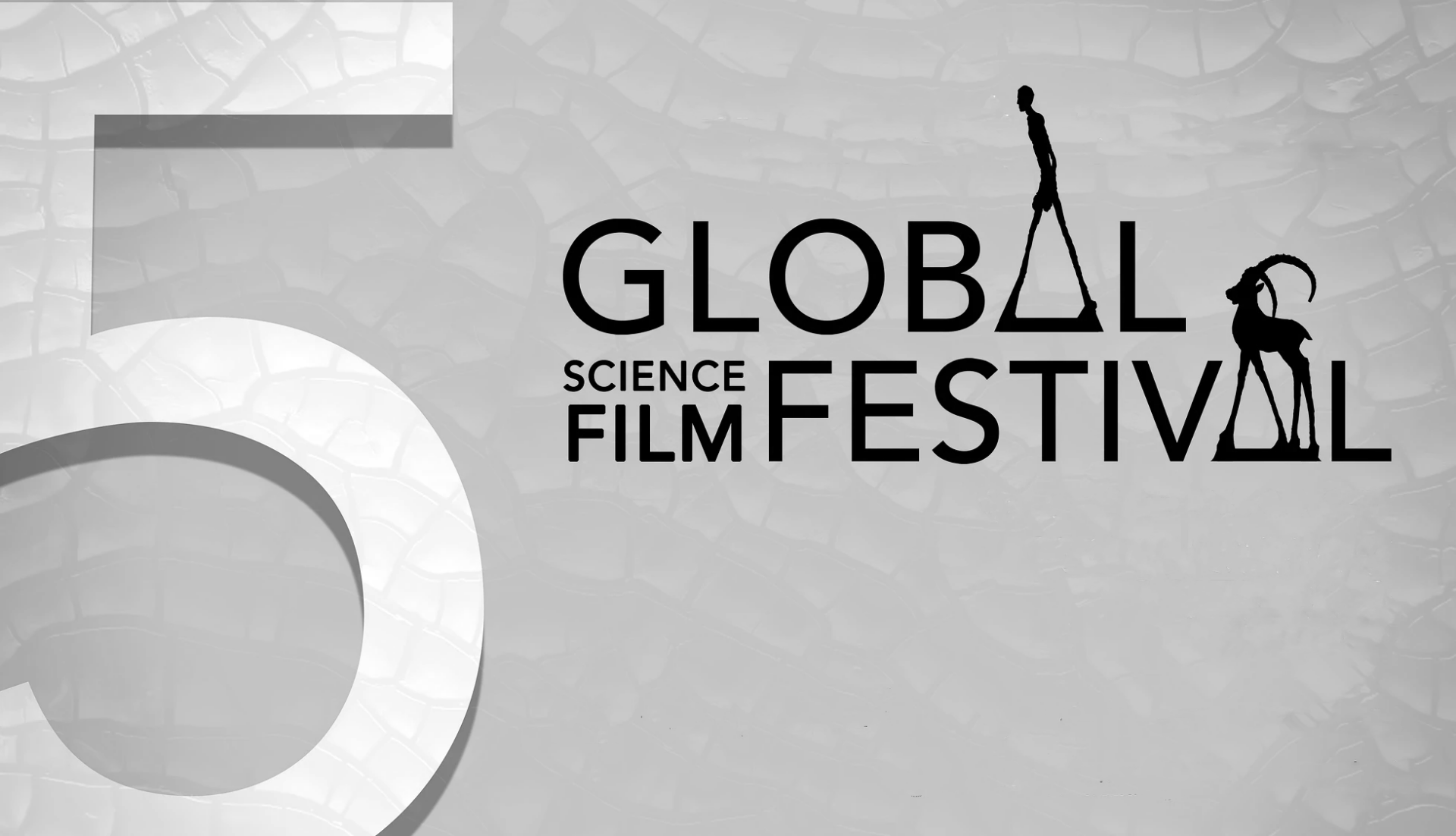

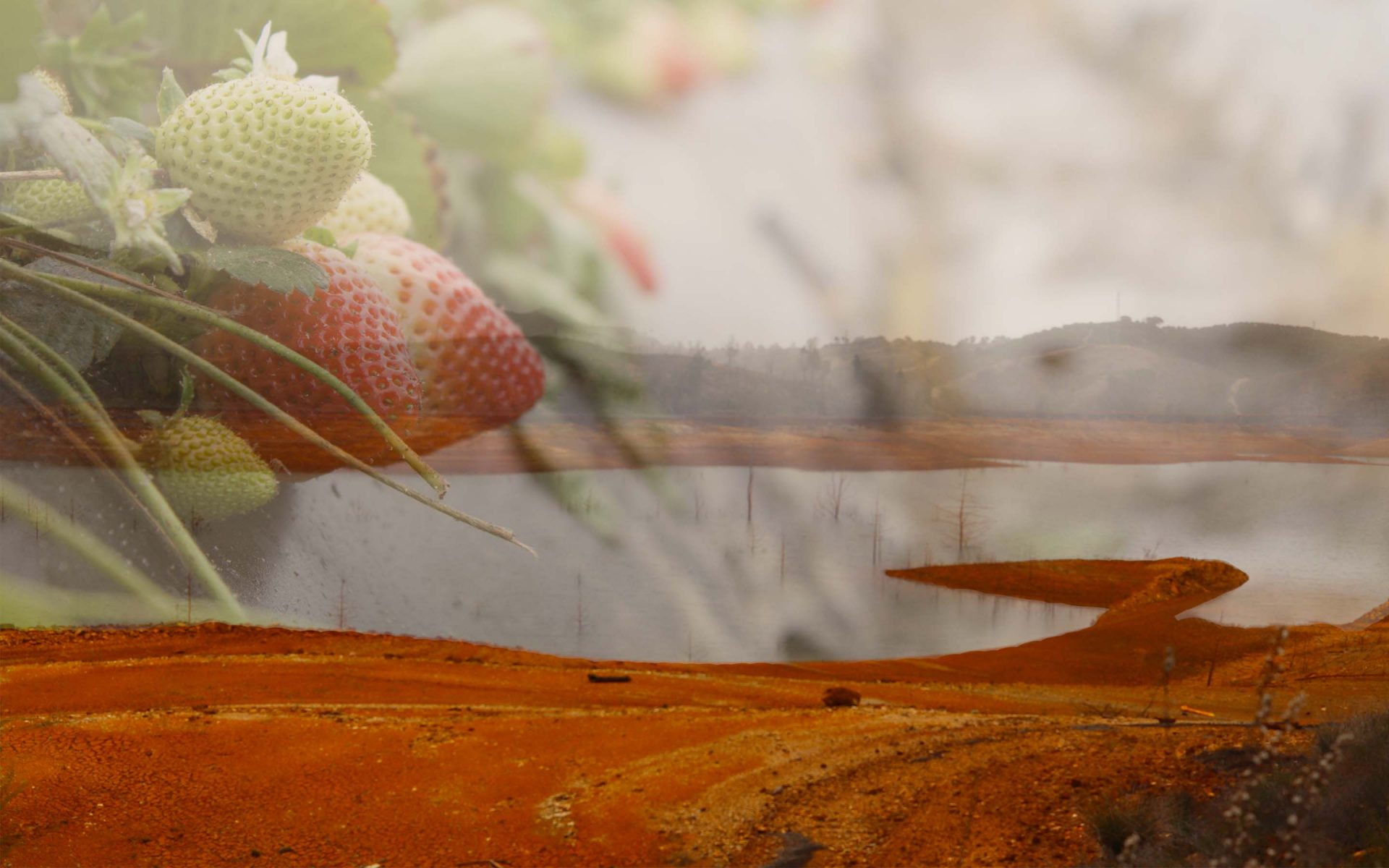
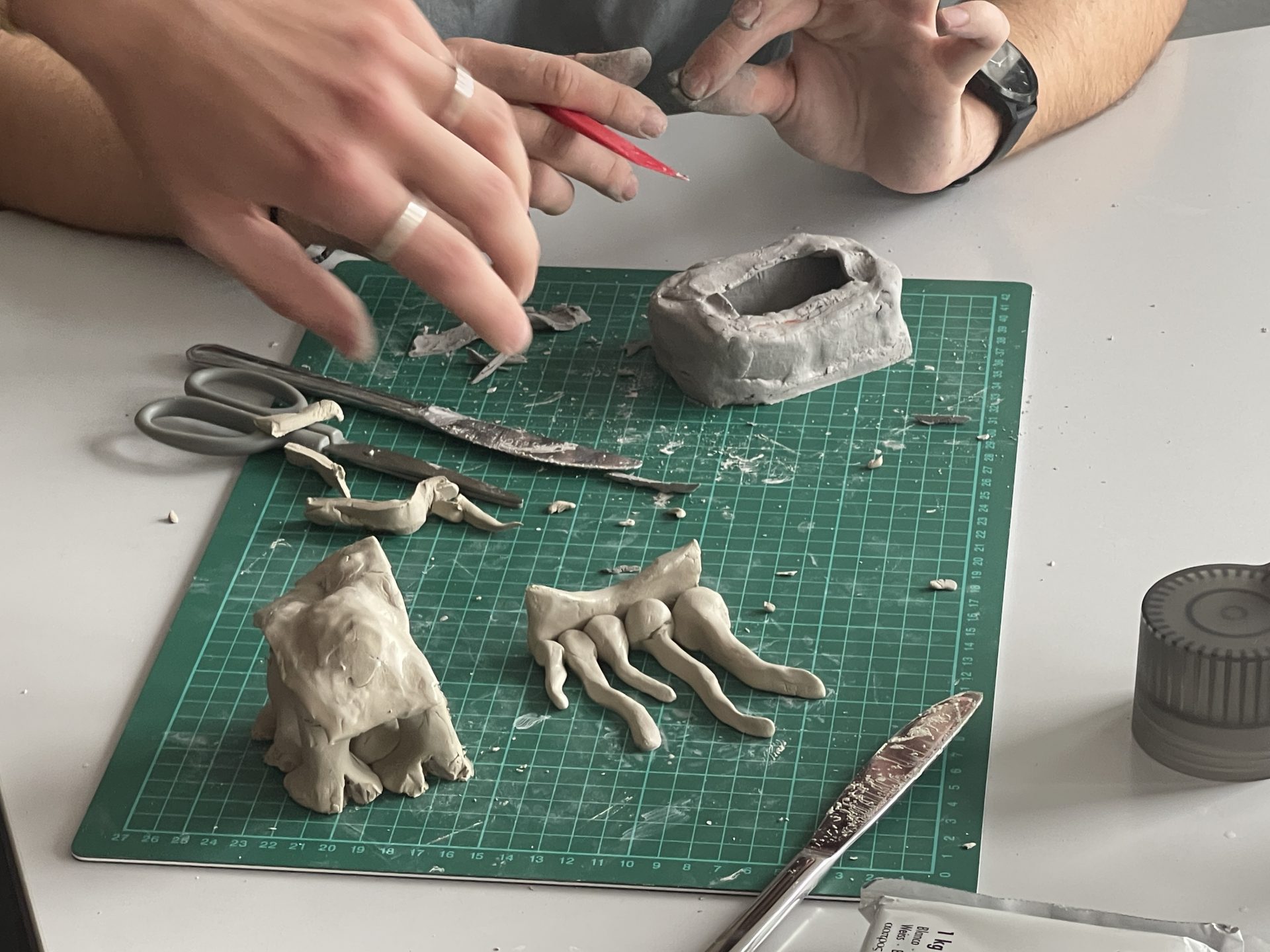
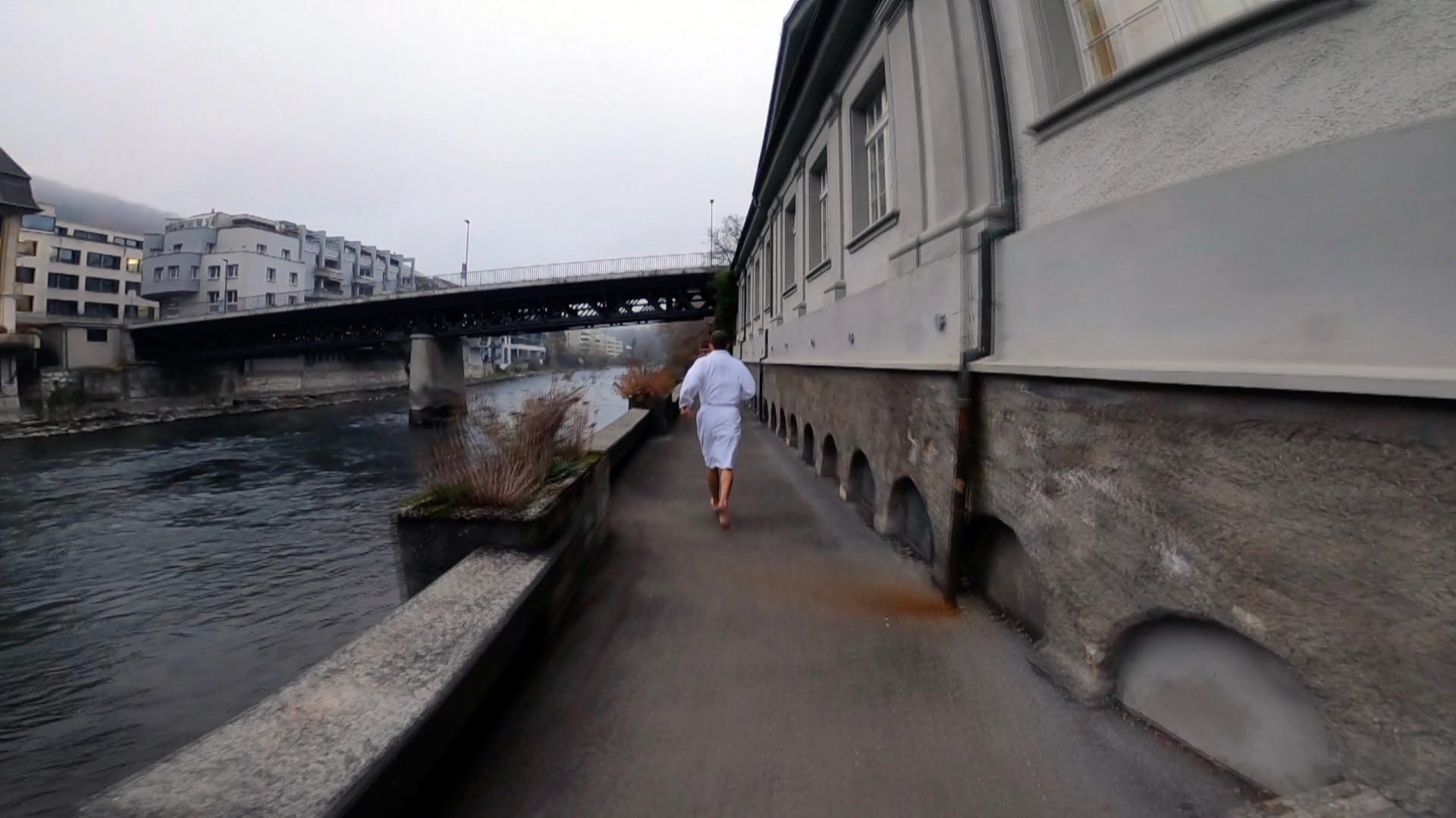
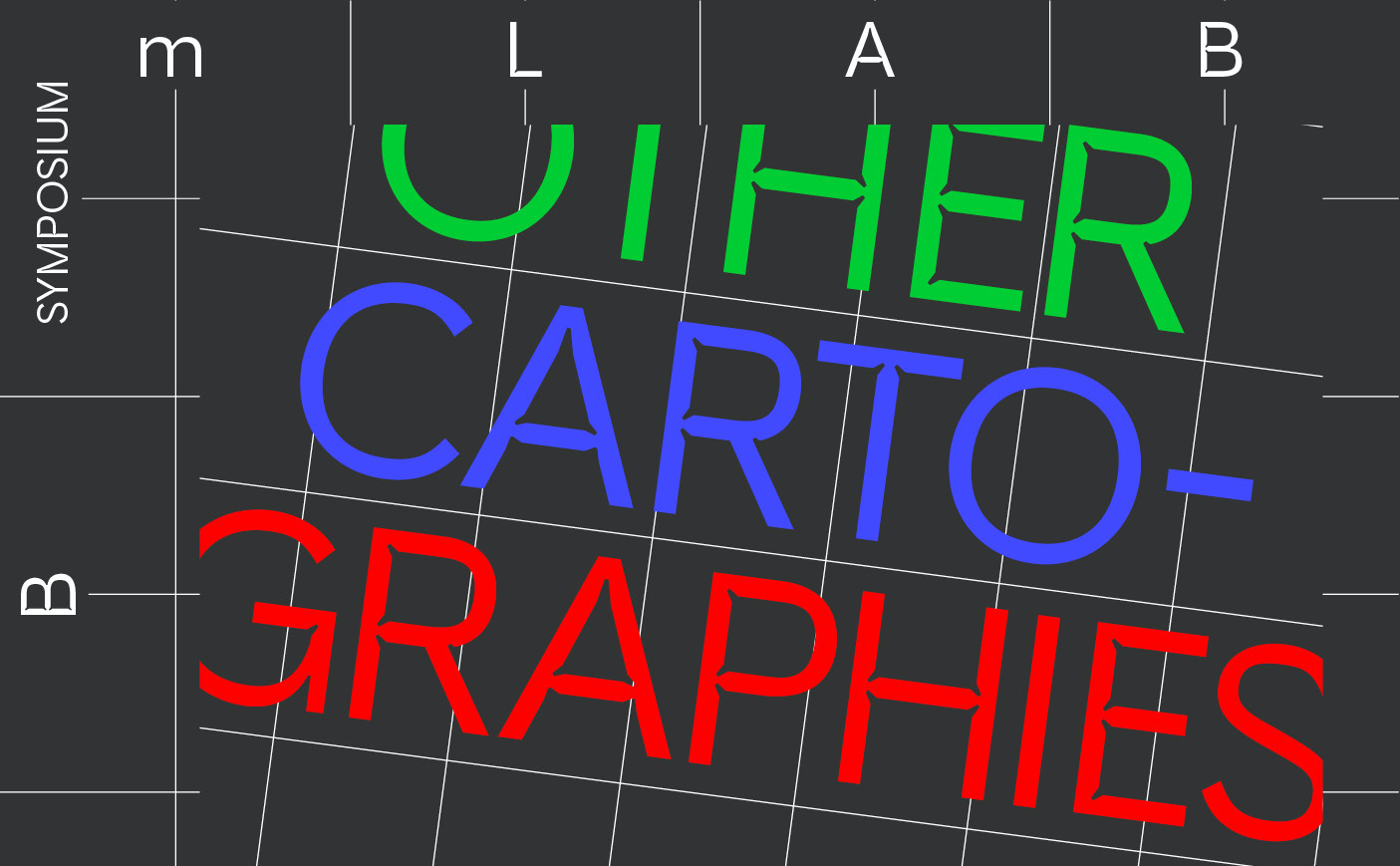
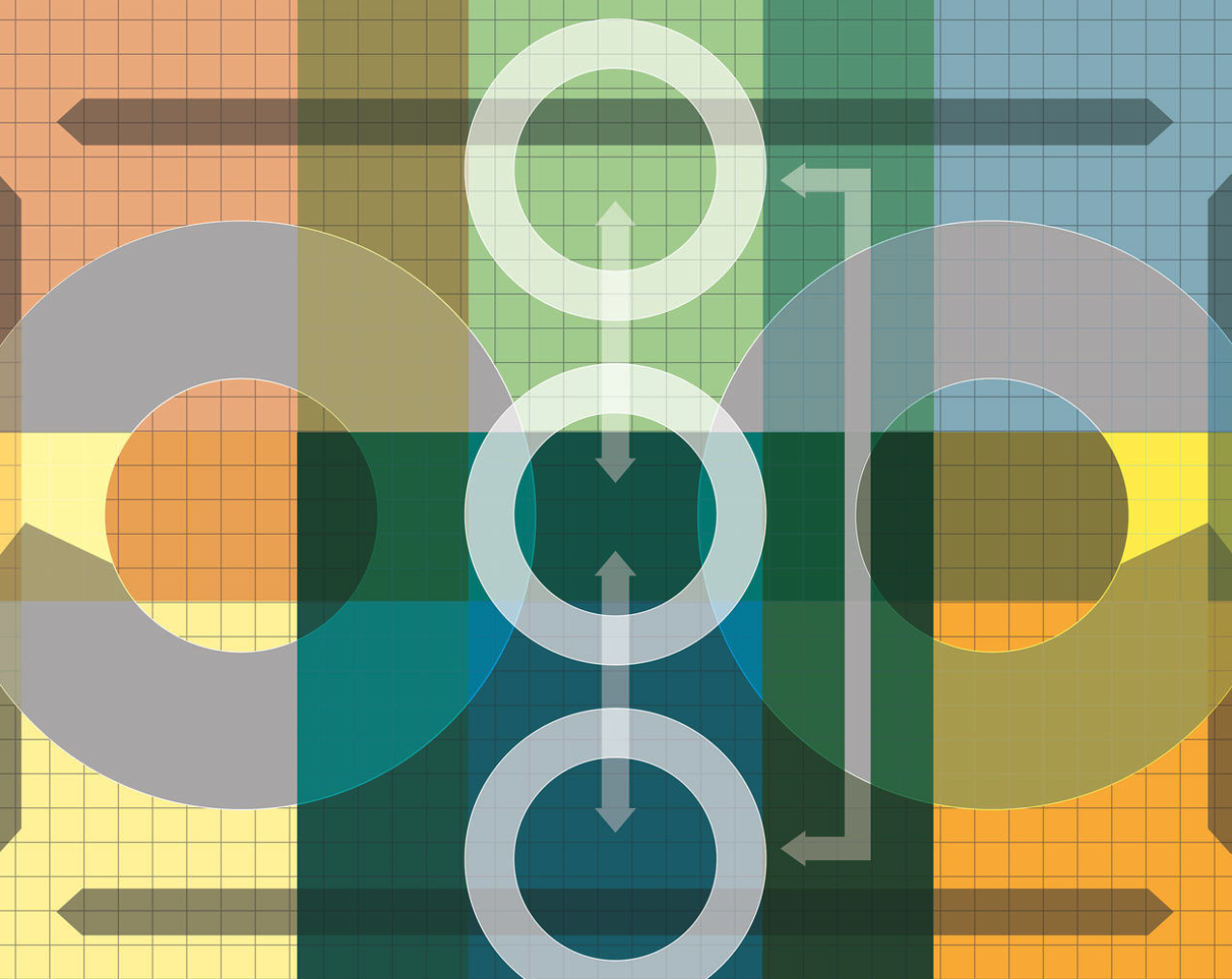
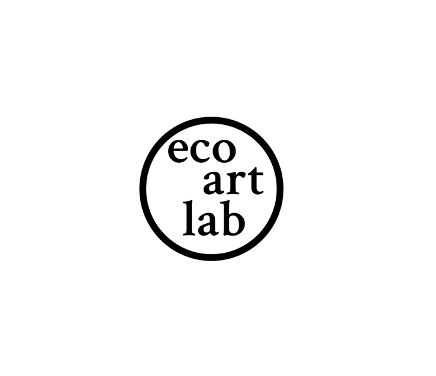

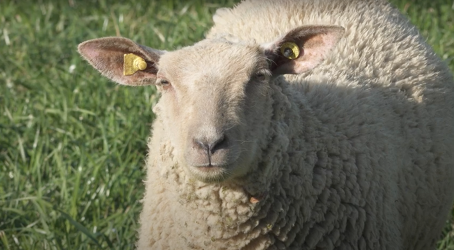

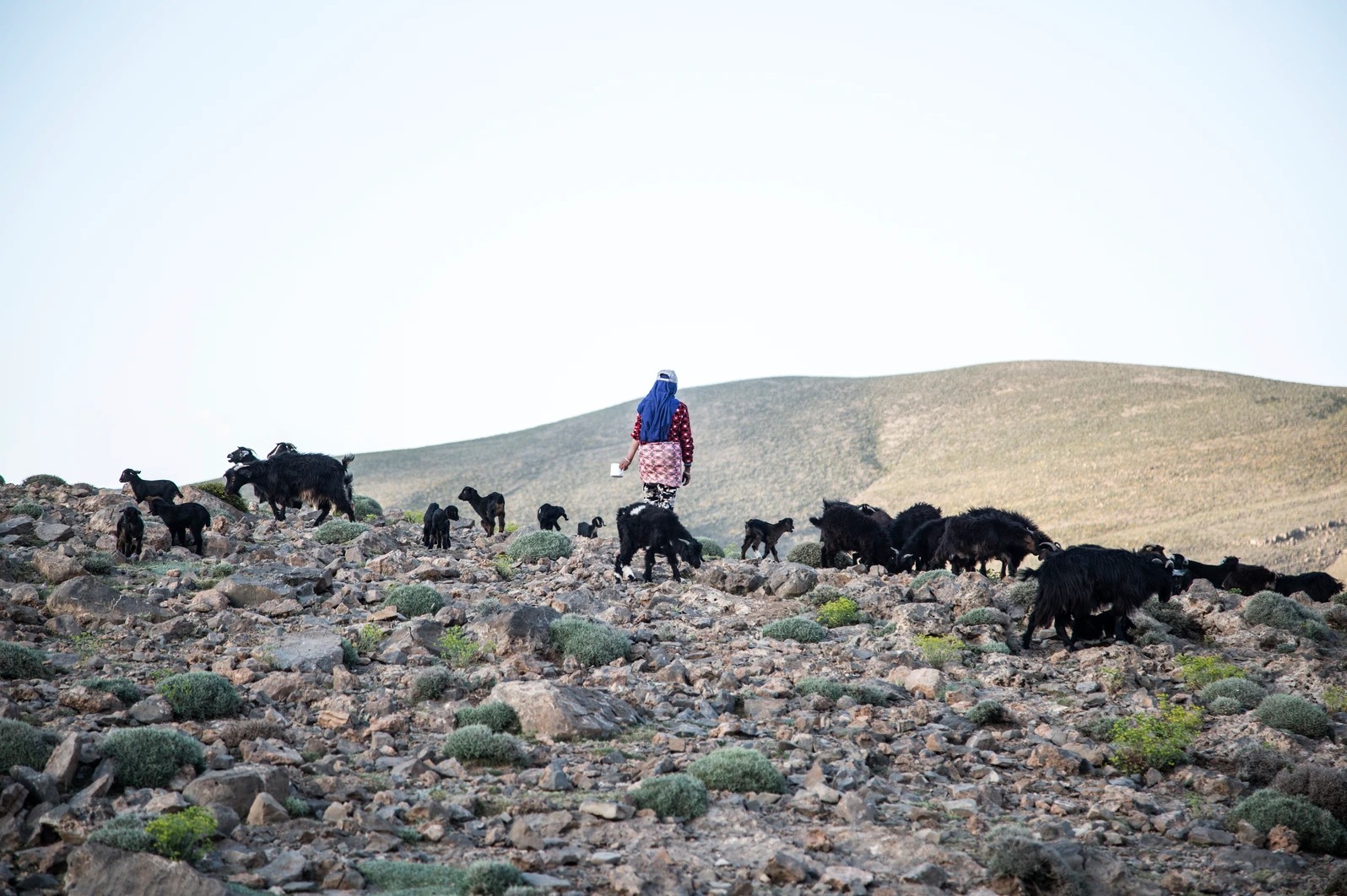
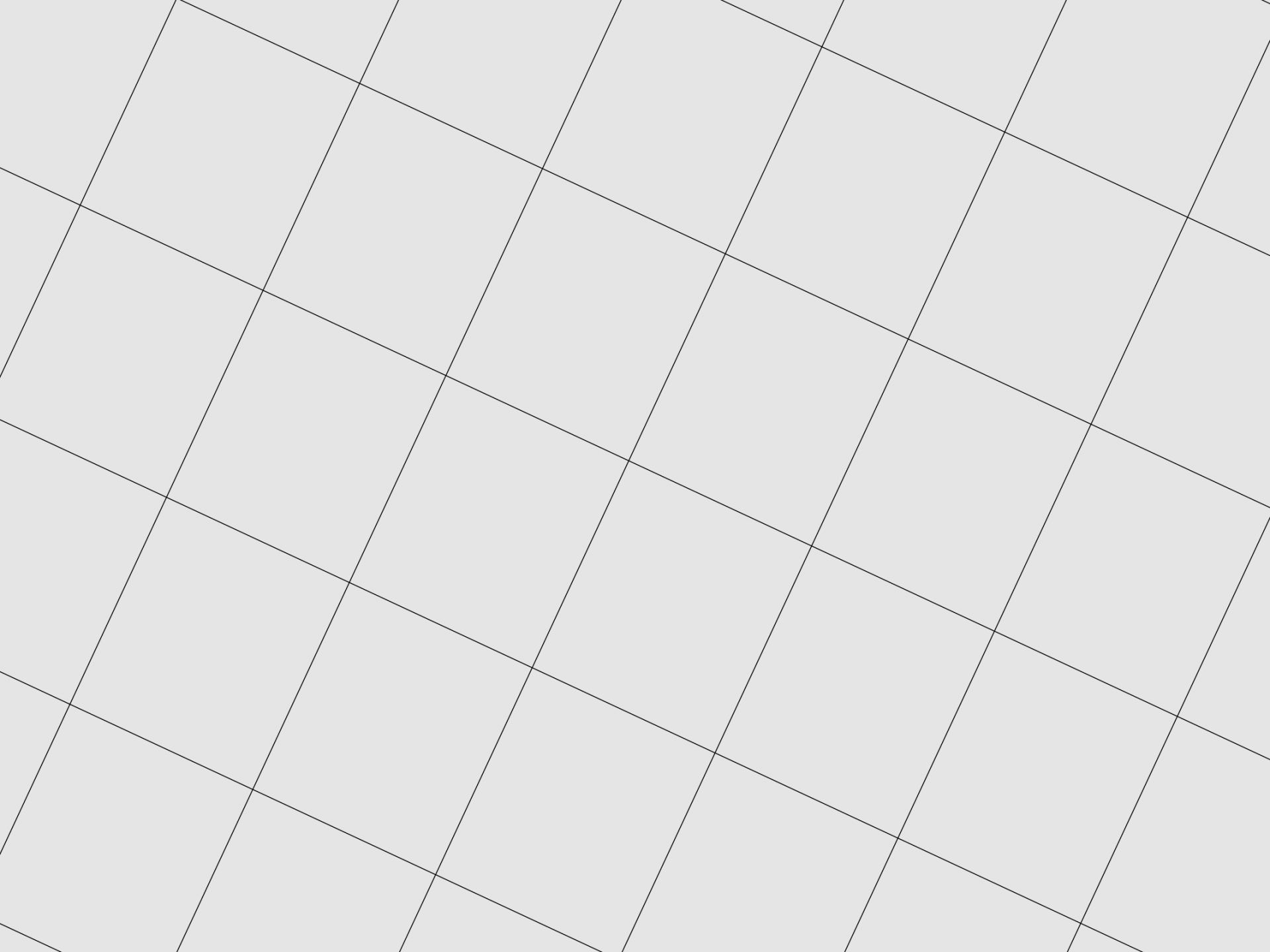
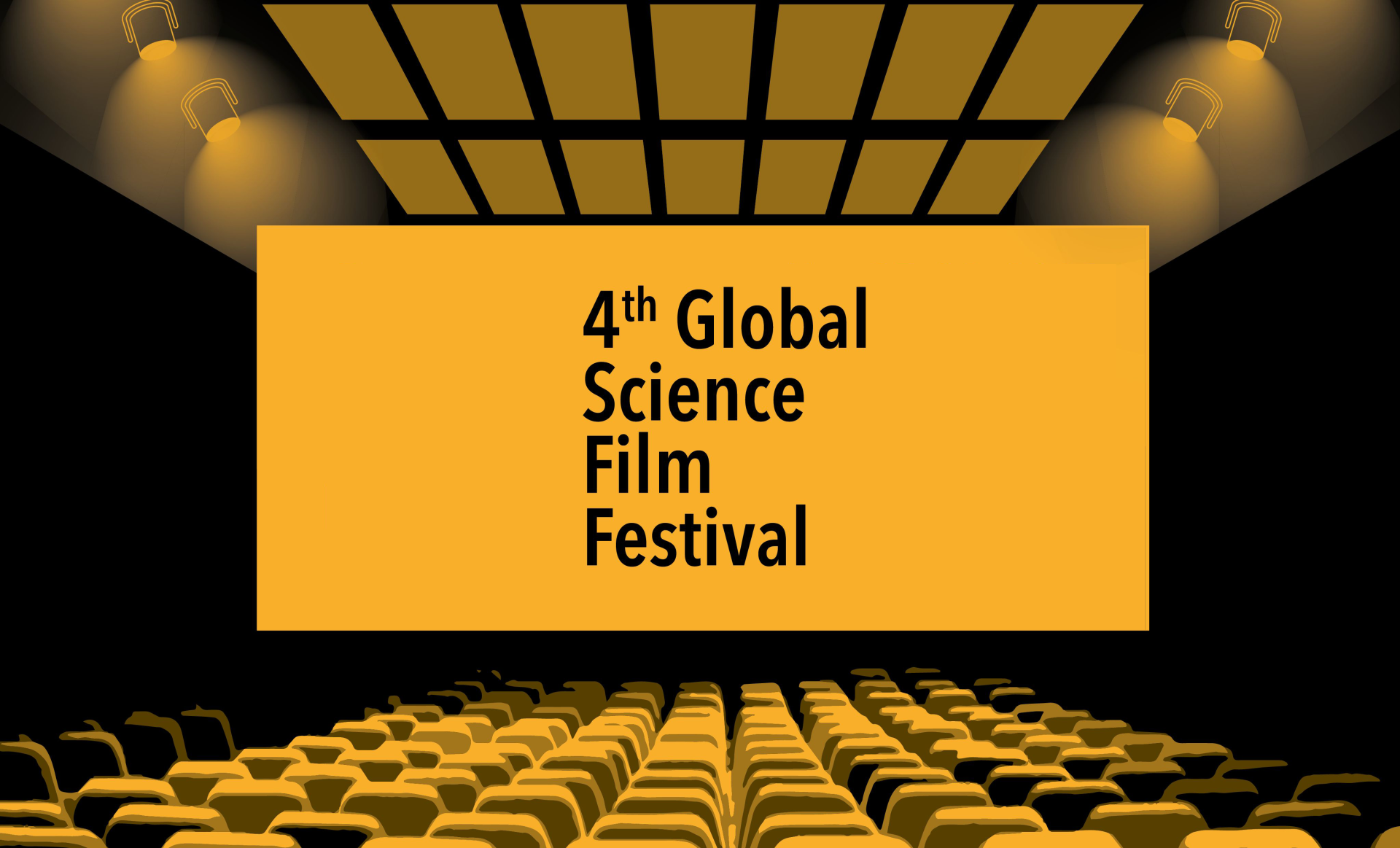
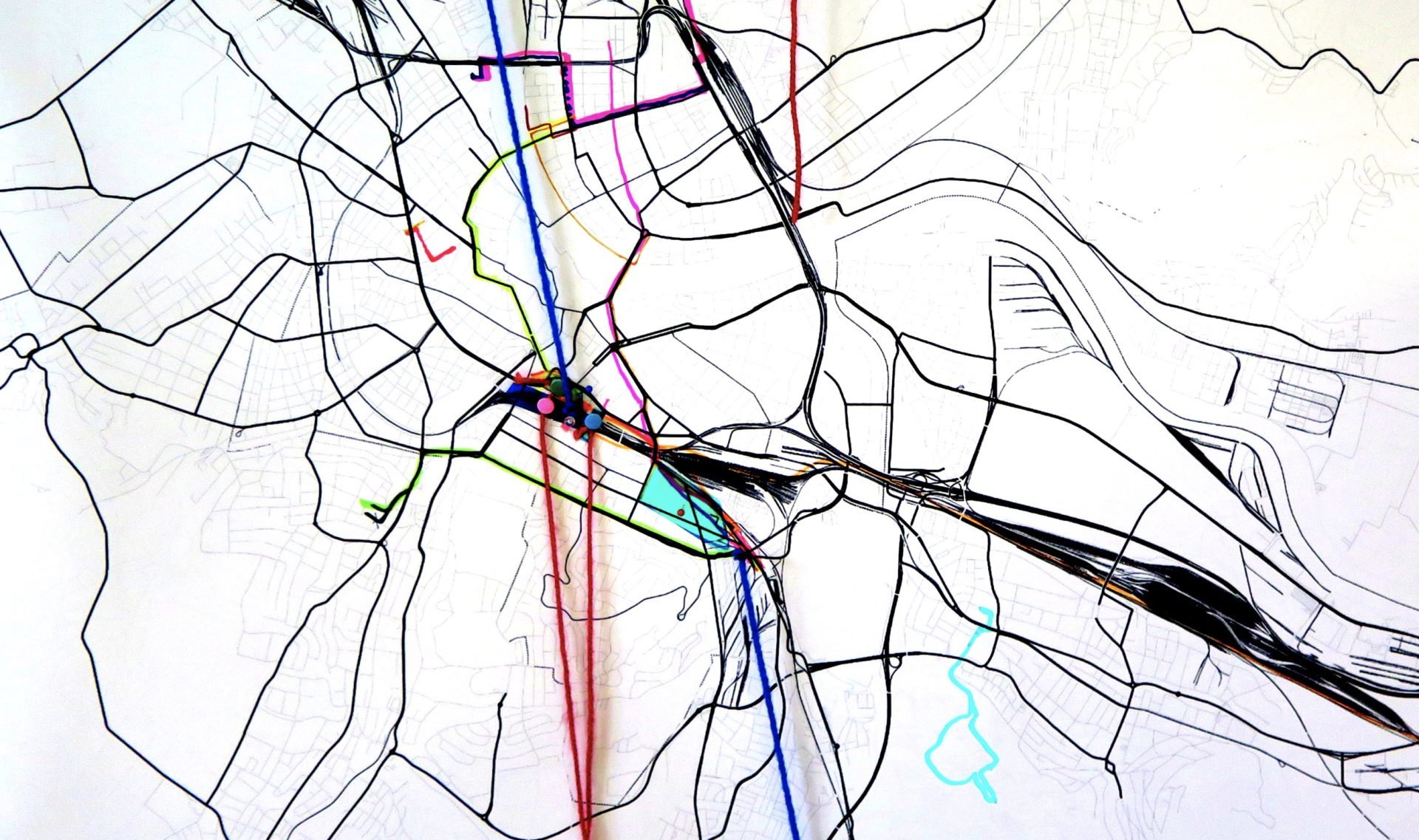

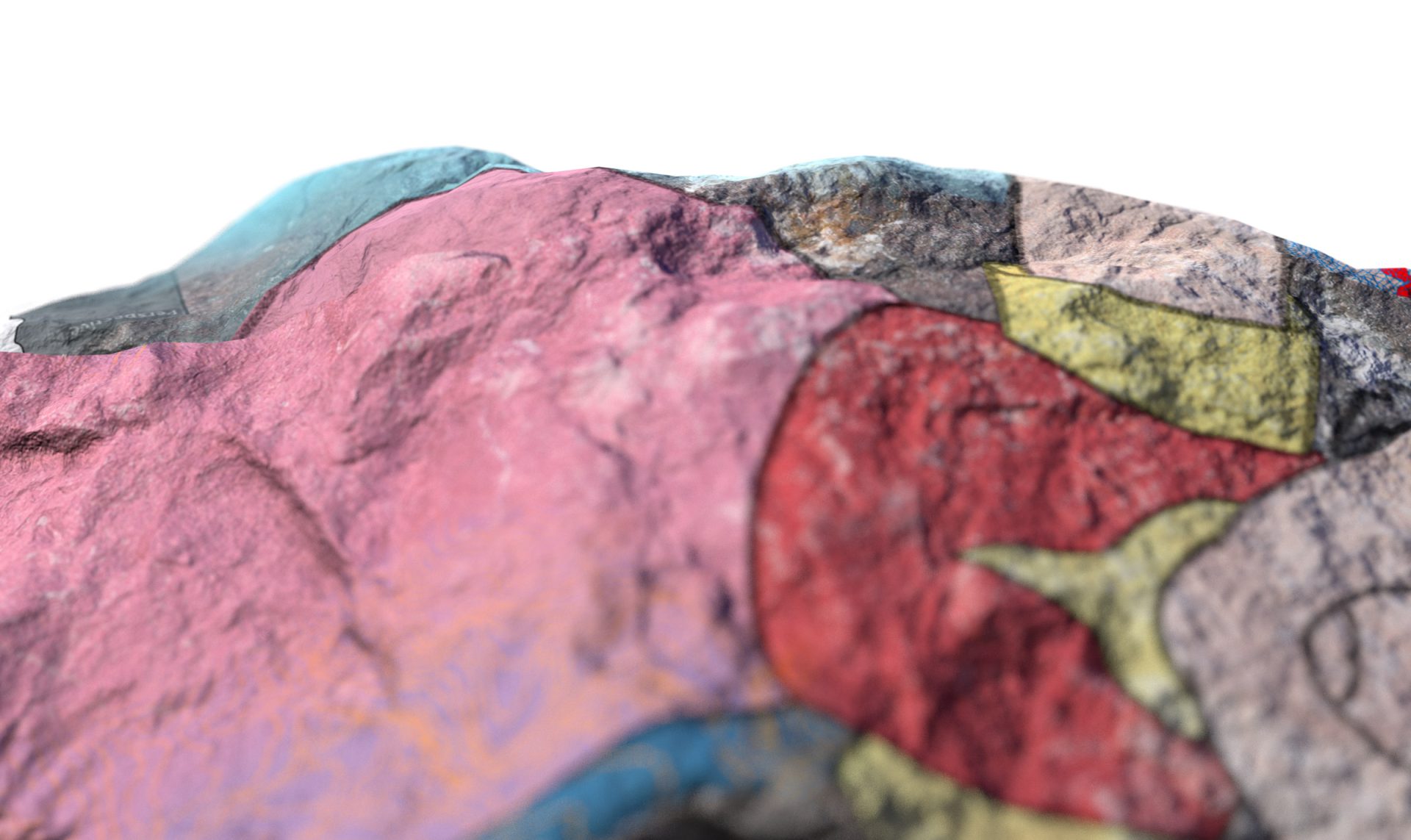

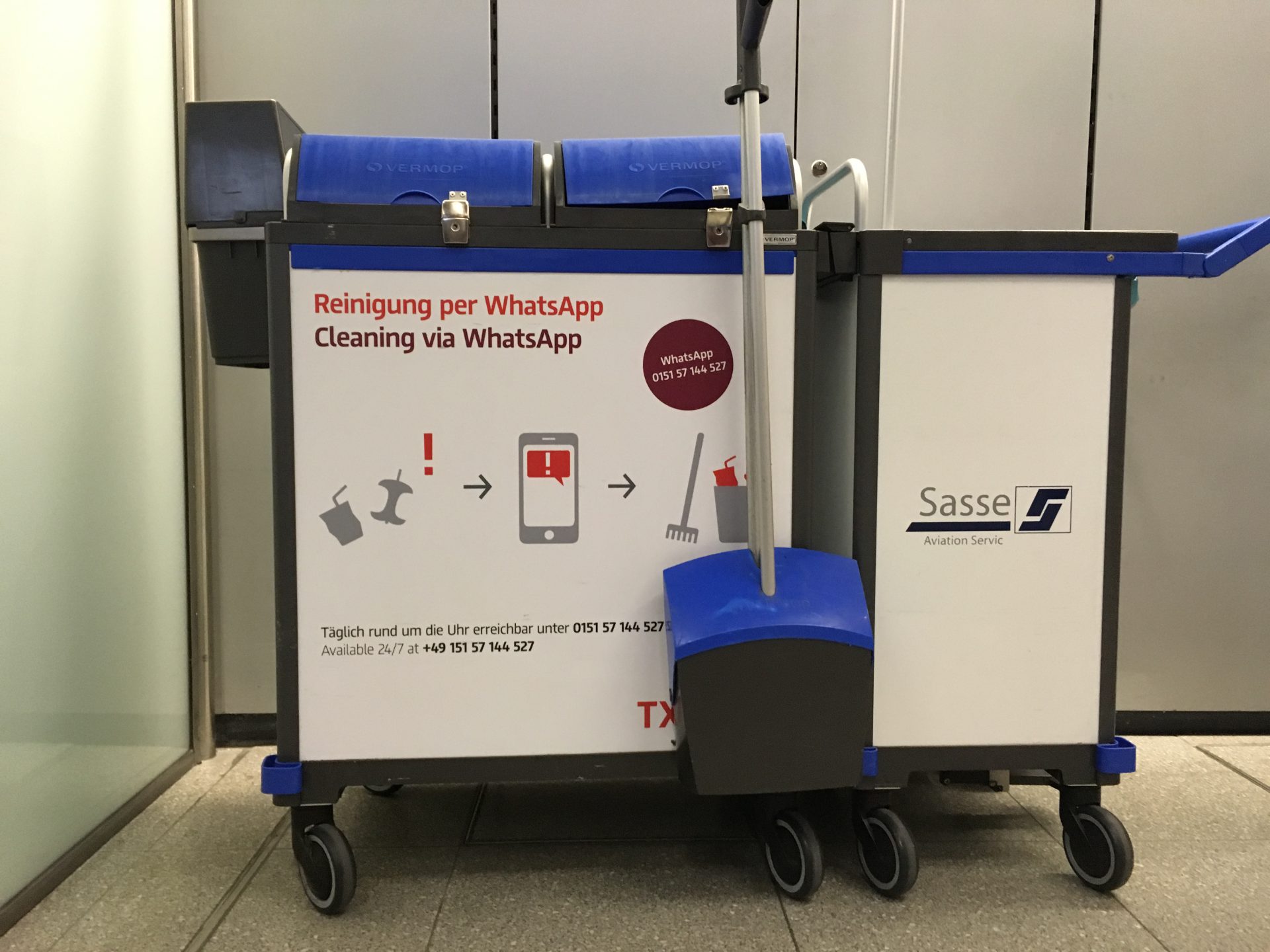
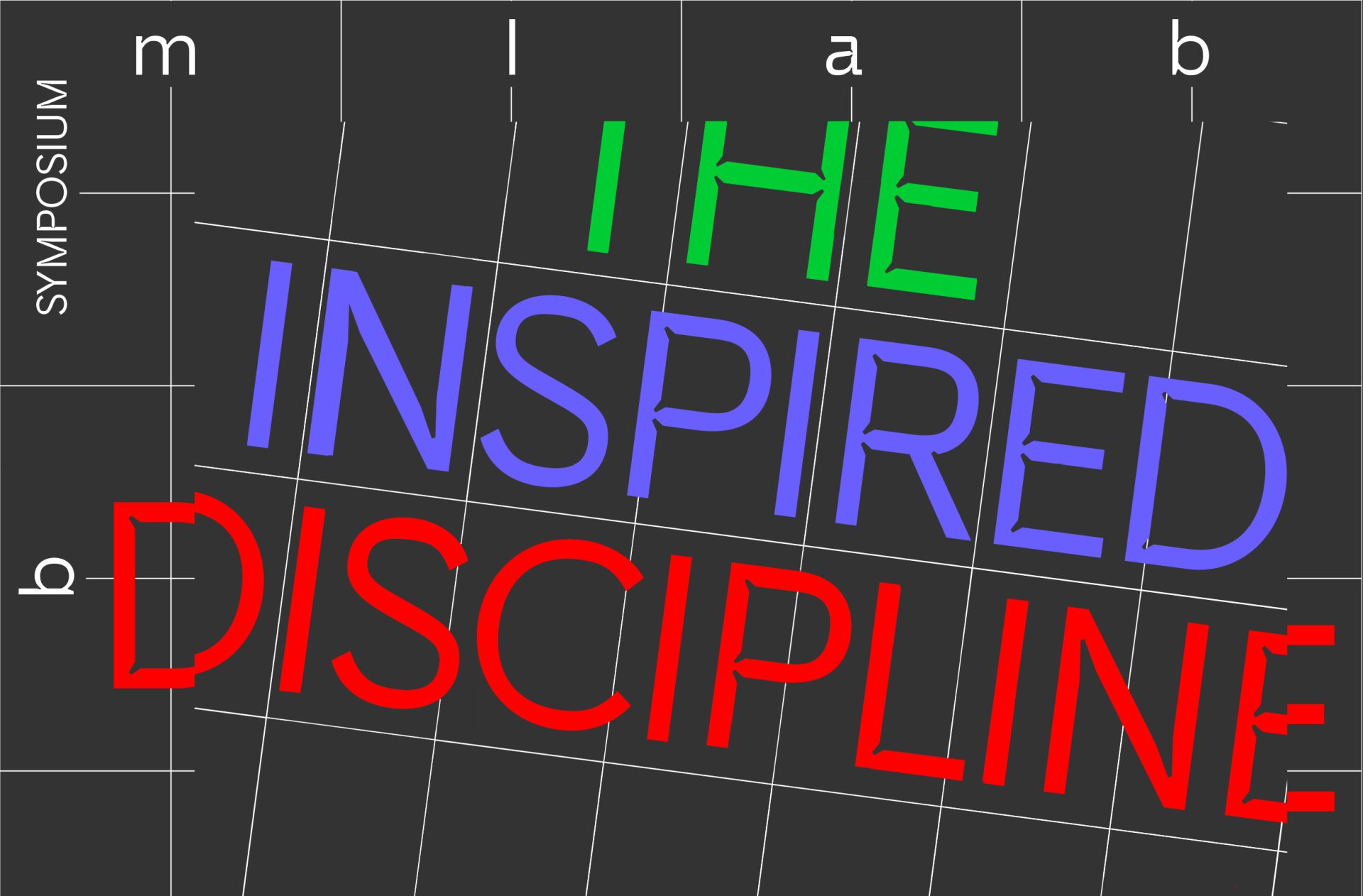
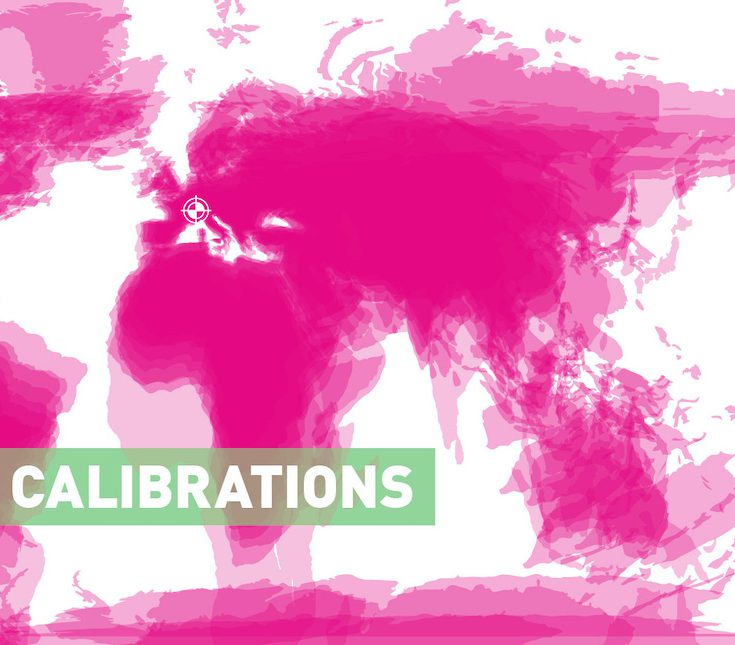
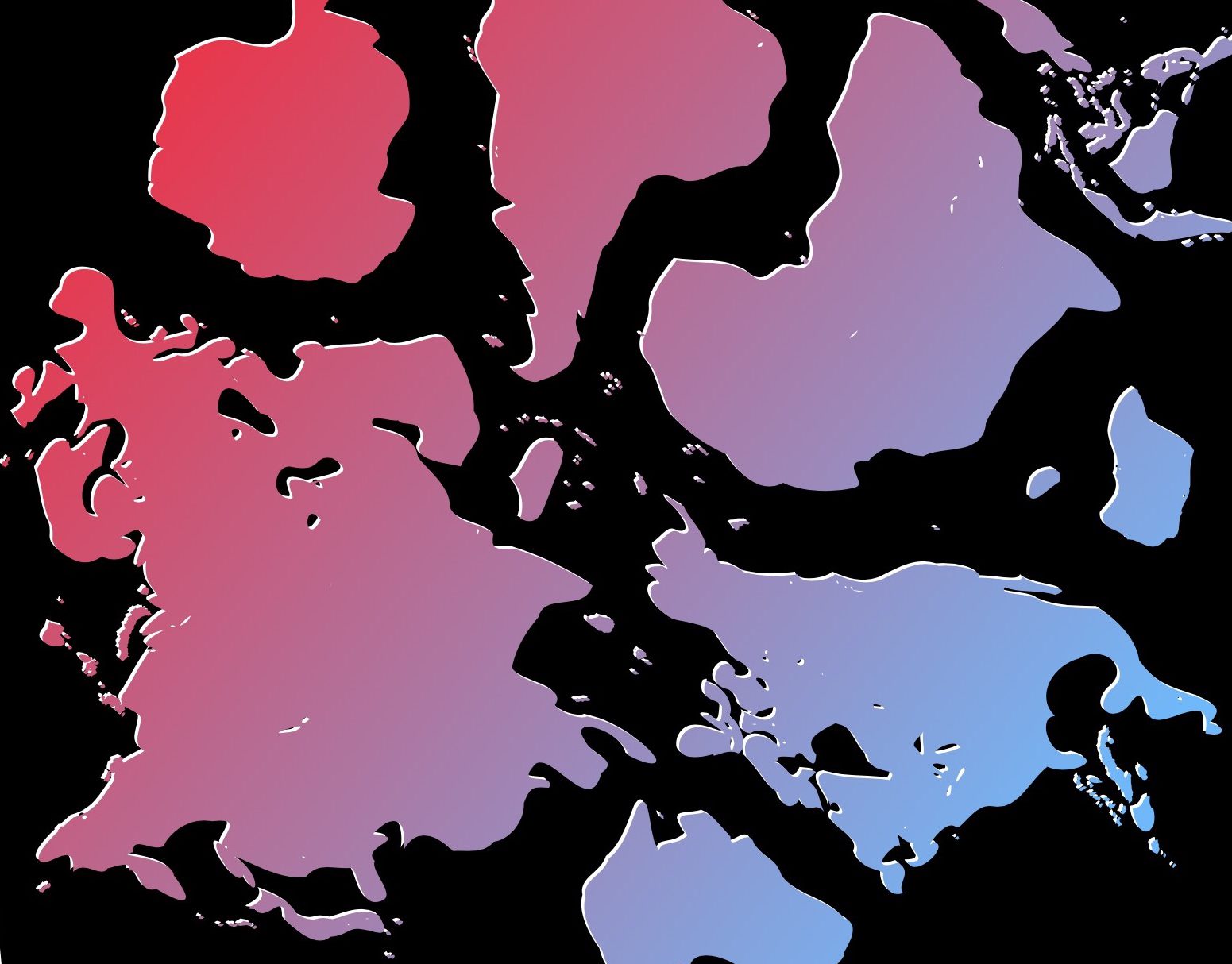
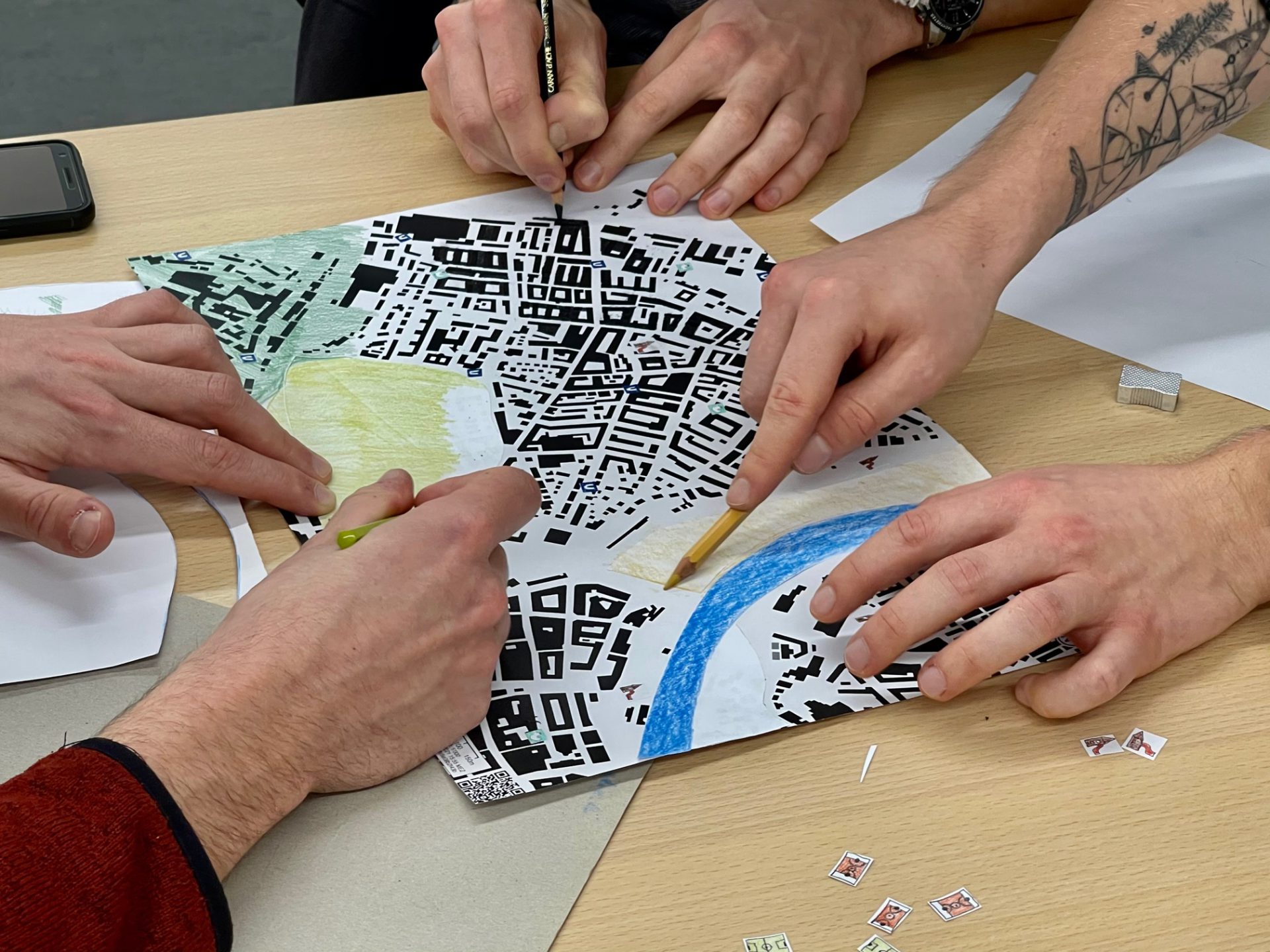

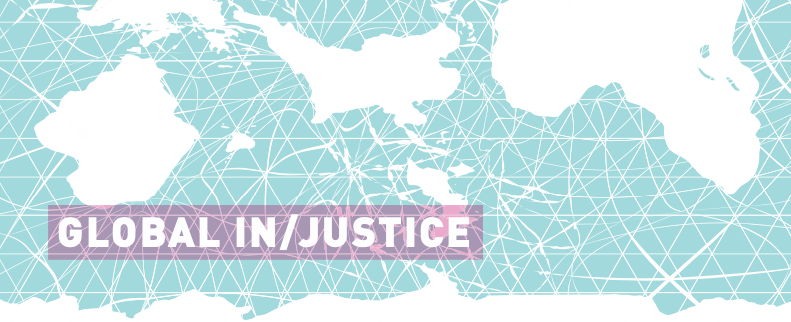
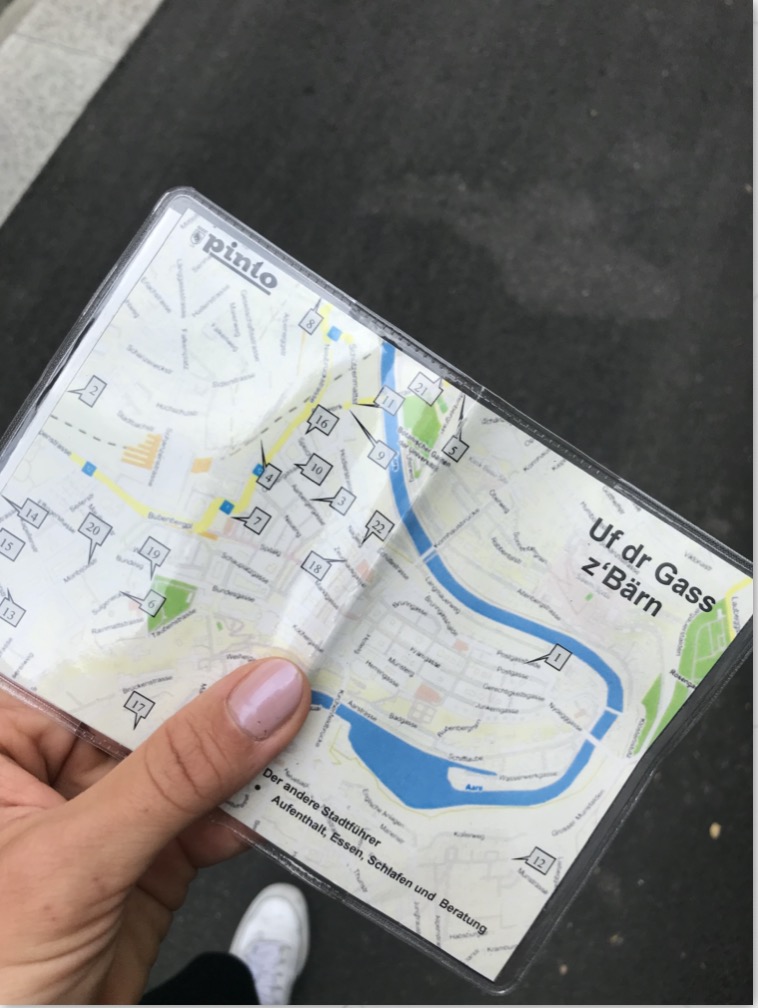
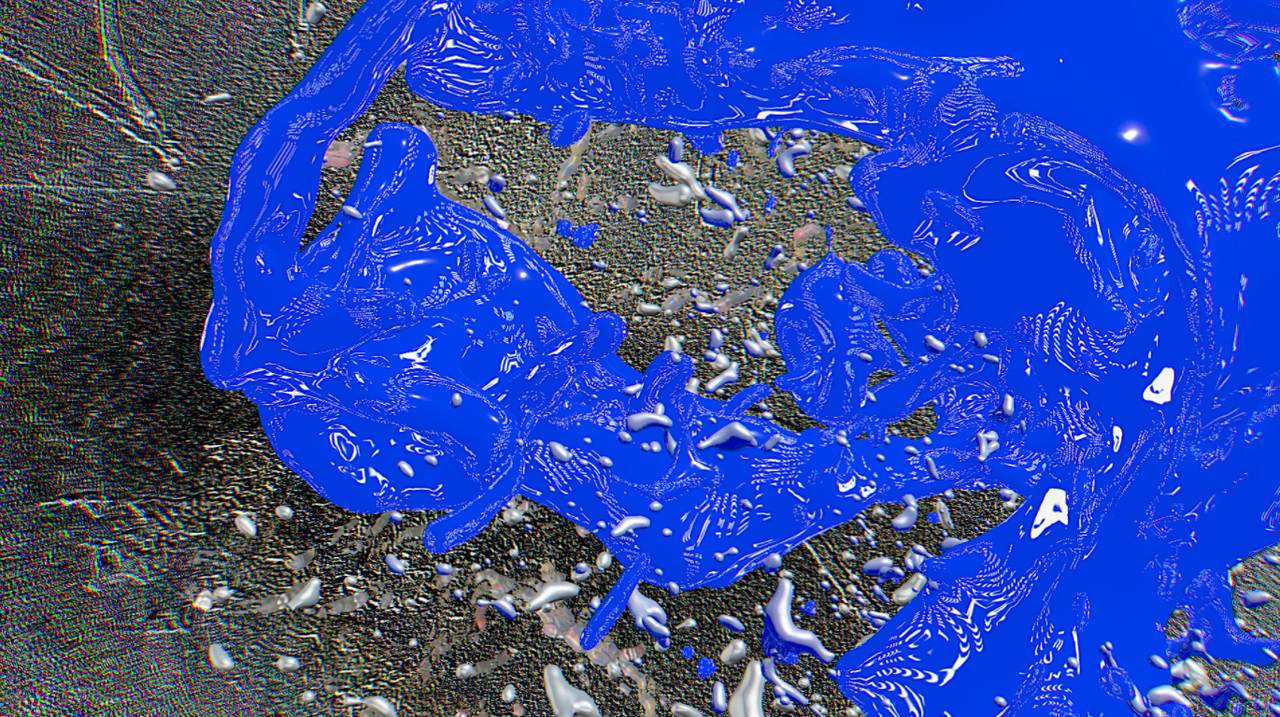

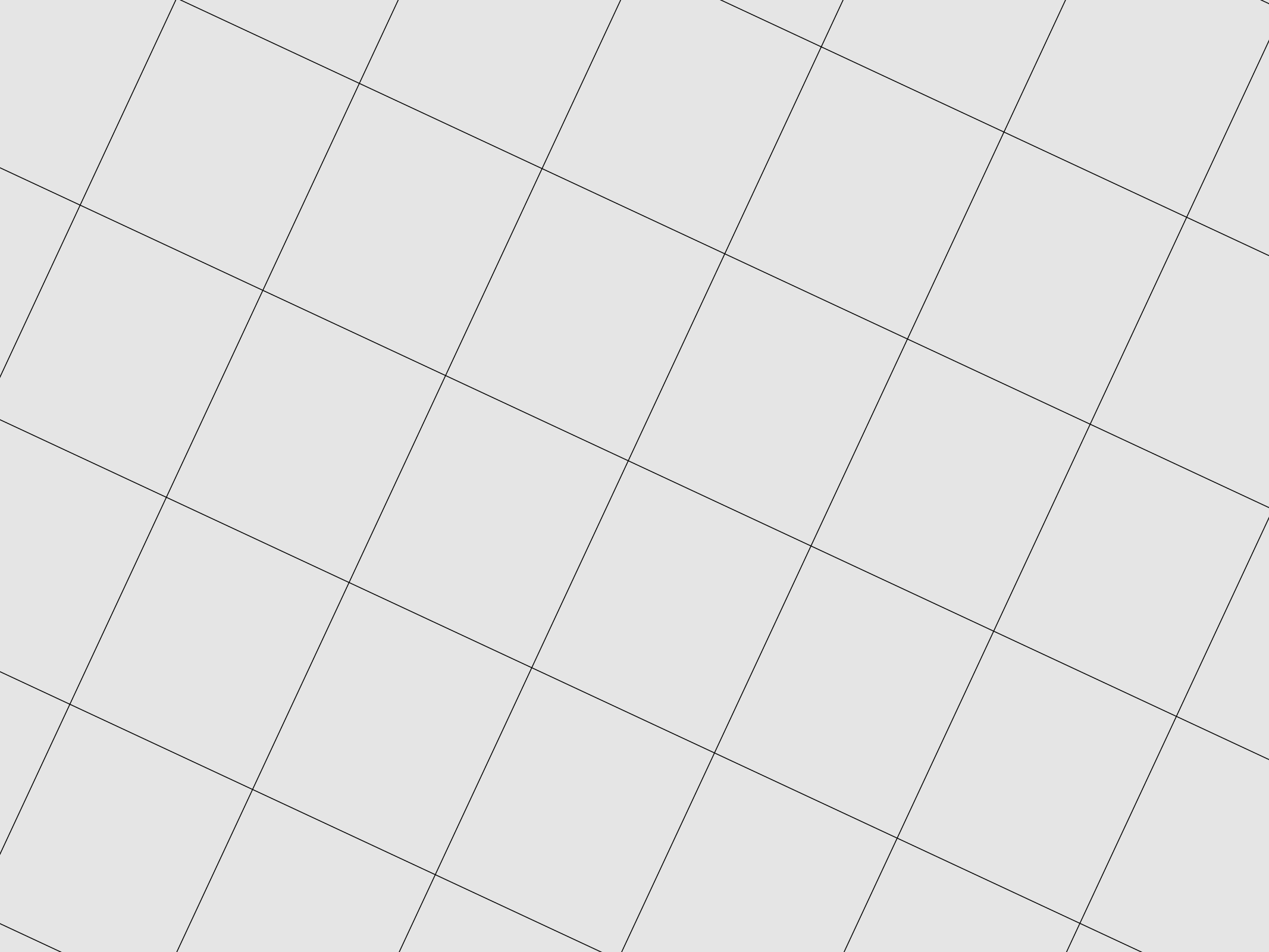
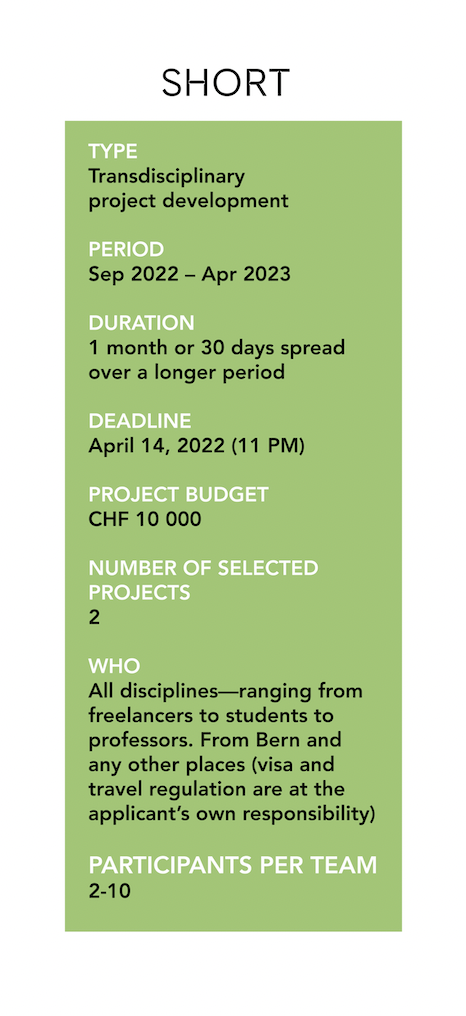



The mLAB, located at the Institute of Geography at the University of Bern, is pleased to announce its third call for residencies in the form of transdisciplinary research collaborations between academia, research, (digital) media, and art. The residency aims to foster collaborations that experiment with new methodological approaches, forms of knowledge production, and science communication.
The mLAB functions as an incubator, offering mentorship throughout the working process and assistance with the dissemination of any results yielded by a project’s conclusion. The mLAB provides resident teams with time, space and technology to develop independent projects that may consist of joint research, critical reflection of research and artistic practices, and the fostering of new connections between art, media, and academia.
During the residency, the selected team(s) are expected be on-site for one month at the Institute of Geography between September 2022 and April 2023. We envision that the residency will be used to develop insights that will lead to a follow-up project. The residency might culminate in an artwork, film, exhibition, performance, or research project that involves artistic modes of data collection or dissemination. Projects can be utilized to establish or strengthen a professional network or as a springboard for a collaborative grant writing process, book, journey, website, or conference. No final product or presentation is required. Nevertheless, we welcome any kind of public events, lectures, workshops, open reading groups or screenings during the residency phase, which take place at the Institute of Geography and engage with the Institute’s faculty and students. The only condition is that you collaborate or work loosely affiliated with a research group, a research project, individual or several scholars, (PhD) students or faculty of the Institute of Geography. Feel free to have a look at some of our ongoing projects related to health:
“ON UN/HEALTHY GROUNDS”
Health is not merely an absence of disease or infirmity but a state of complete physical and social well-being (see WHO 2021).
According to this understanding, health should be a resource for everyday life which is not limited to our bodies, brains, and hearts; our workplace, environment, economy, and community must also considered as matters of health. Illness, dis_ability and psychological ‘disorders’ are regarded as beyond this desired norm. Our call poses questions about the wellbeing of people and the structures that govern their everyday life.
With special regard to uneven geographies of health, we are interested in understanding how health is governed, understood, experienced, and fought for—or against in the case of the struggles for non-normative ‘dis_abled’ bodies—all through various lenses that account for different scales, locations, situations, and spaces.
Taking into account the colonial, postcolonial and imperial nature of health institutions and discourses, this call searches for the multiple historical and geographical grounds on which health politics are discussed, designed, managed and lived. Gender-biased and racialized medicine, environmental racism, and the prevalence of care deserts are all concepts that highlight the uneven grounds on which people must claim their right to health. These concepts along with many others reveal the uneven geographies of health from an intersectional perspective. “Un/healthy grounds” refers to, but is not restricted to, three stands of questions:
First, uneven geographies of health asks who has access to which kind of health infrastructure where and at what cost? Who labors where and for which (non)monetary compensation for the wellbeing of other human and non-human beings? Who governs from which scale those politics of health?
Second, more than human geographies of health centers around the entangled relations between human bodies and non-human bodies—such as species, companion animals, bacteria, viruses, etc.— and questions how our bodies are transcorporeal and how the un/health of human bodies is dependent on other ecological systems.
Third, future geographies of health envisions another world by asking how the current governance of health can be transformed into an affirmative biopolitics, and ponders how our transcorporeality and care relations can be revolutionized to foster health justice globally. across borders and species.
Reflecting its inter- and transdisciplinary character, the mLAB welcomes applications from a wide spectrum of disciplines (social sciences, humanities, natural sciences, interdisciplinary fields, arts, media) and research interests.
Other team members can be artists and researchers from all kinds of disciplines, inside or outside the university, from Bern or another part of the world, students, academic personnel, pedagogues, activists, journalists, cultural workers, architects, writers or designers etc. Every team member should be willing to engage in collaborative and artistic practices. There are no restrictions regarding age or origin. We cannot provide a guarantee for your entry to Switzerland but will do our best to support you in applying for your visa. The group size should be between 2 and max 10 participants.
Two projects with budgets up to CHF 10 000 (each) will be selected. The budget can be spent on the basis of a pre-agreed budget plan. The budget size does not affect the chances of approval. The selection committee reserves the possibility to modify the proposed budget. This budget can be used to cover materials, books, travel expenses, and honorarium for guests, but also to pay for travel and accommodation in Bern should individual participants not be local. The mLAB does not own any guest apartments. An honorarium can also be paid to team members at their own discretion. Possible taxes have to be factored into the amount. However, employees from the University of Bern or other universities holding a position are not entitled to pay themselves salaries or honorariums. The mLAB provides a pool of equipment to produce film and audio projects and owns several workstations with common video, sound editing and DTP software which can be used 24/7, with consideration of other activities taking place there. Furthermore, the Institute of Geography offers additional infrastructures such as a library, labs, etc., which can be used on request.
The complete application (all in one PDF file) should be sent via email to mlab@giub.unibe.ch by April 14, 2022 (11 PM). It can be written in English, German or French and should consist of: